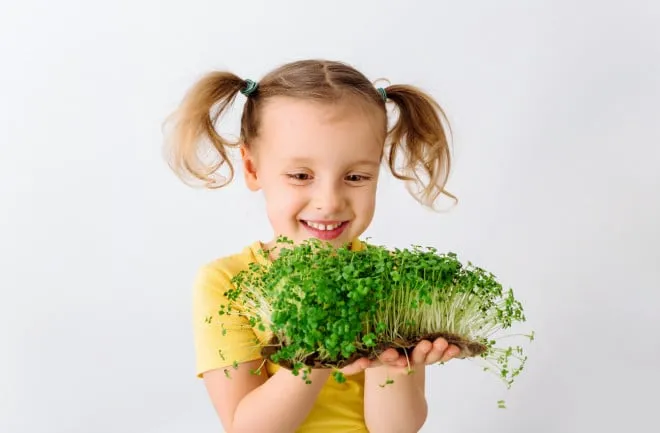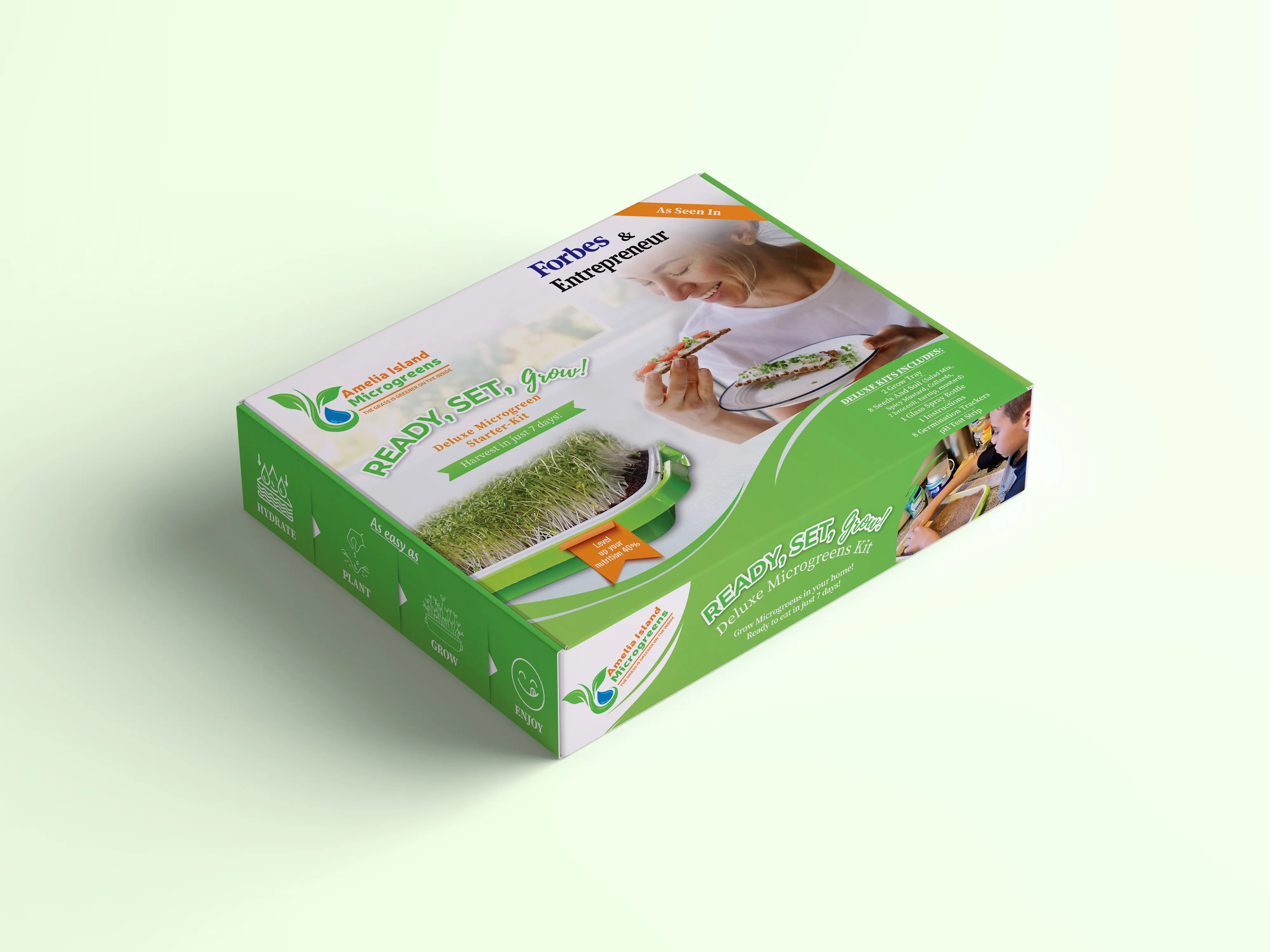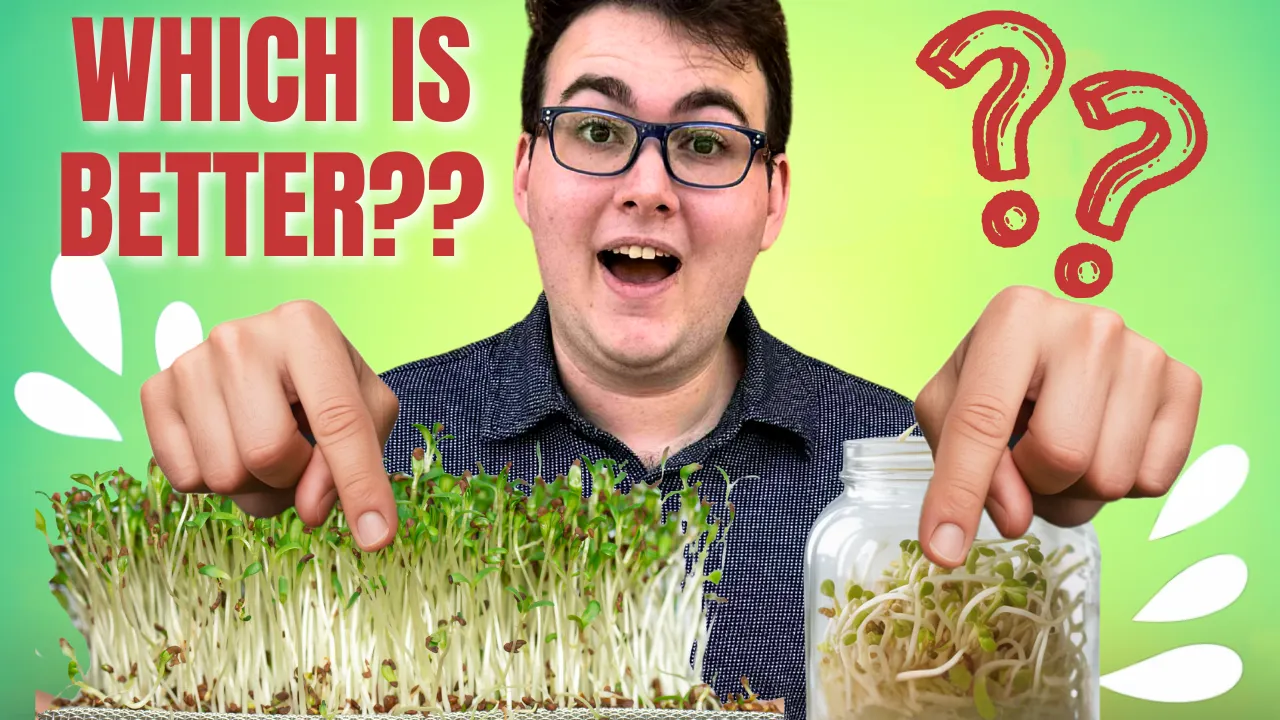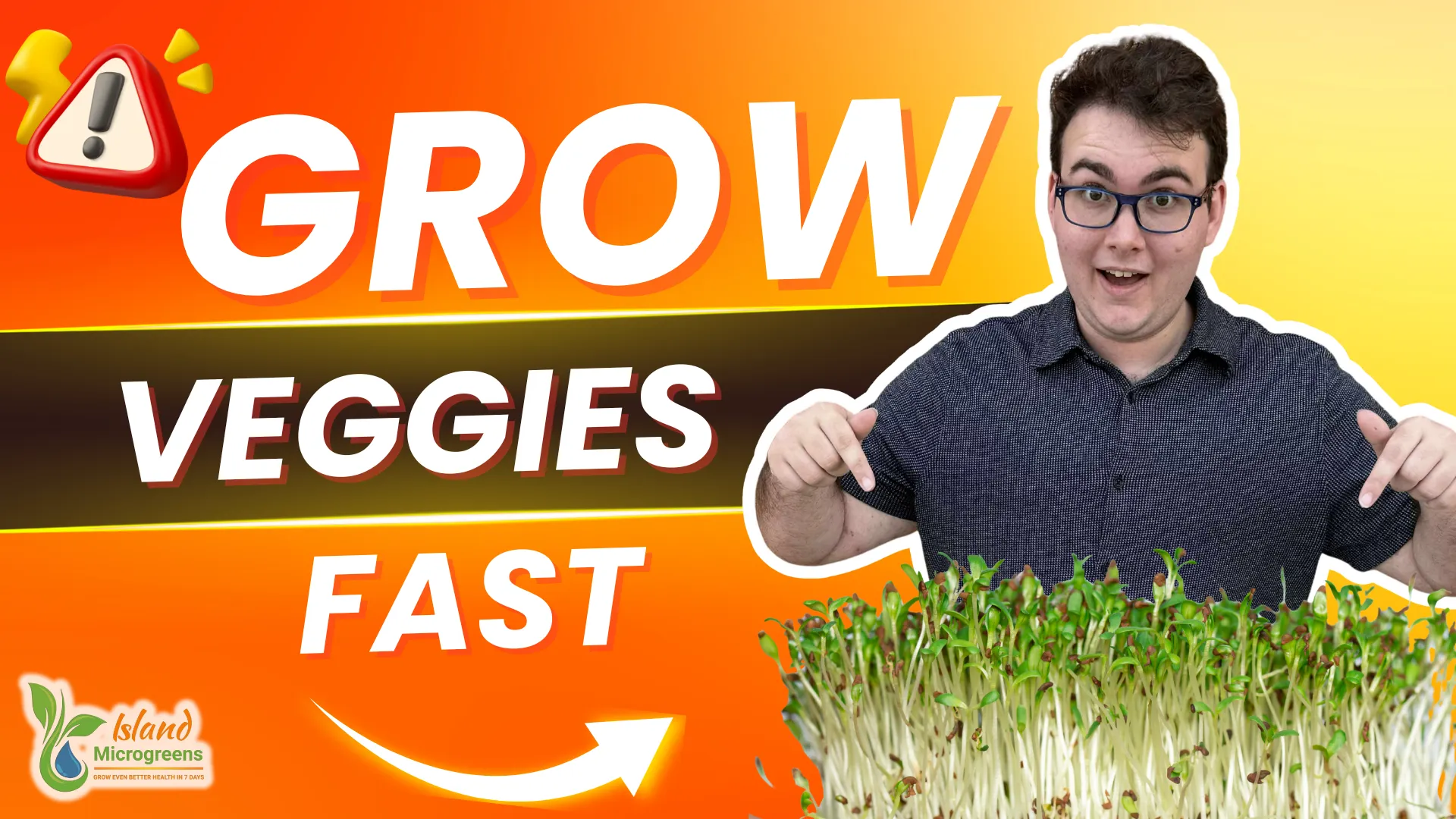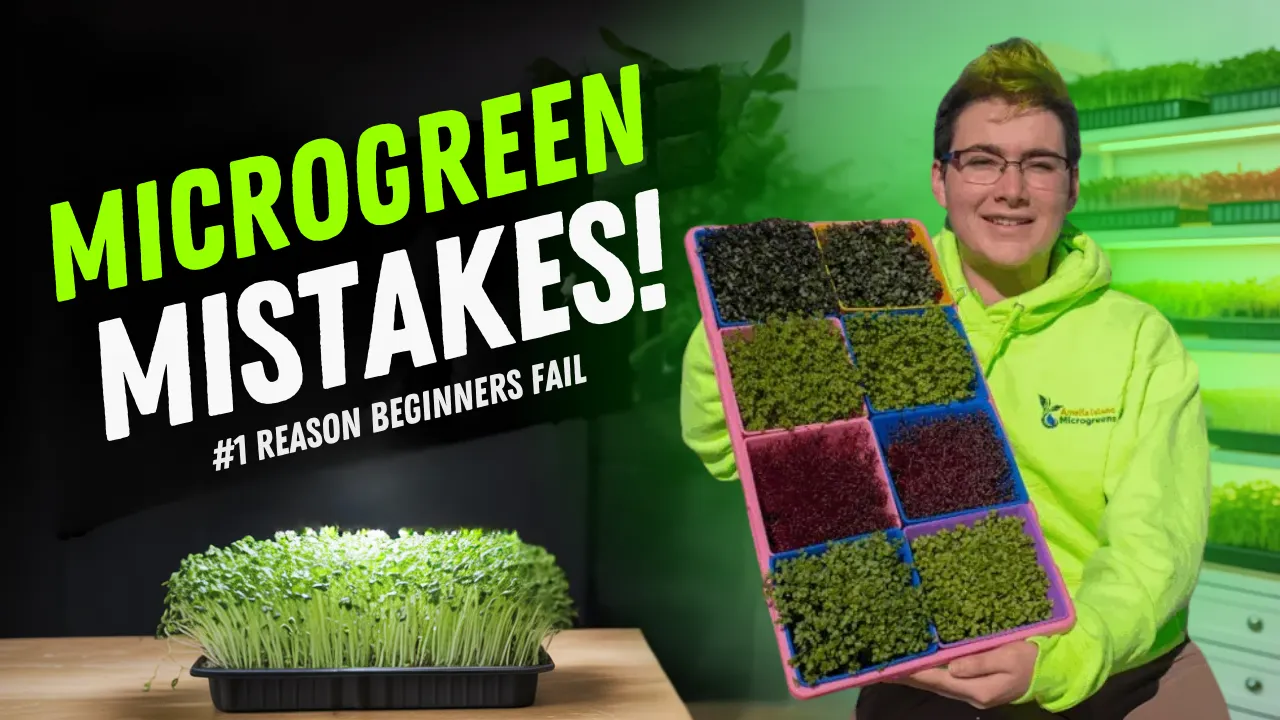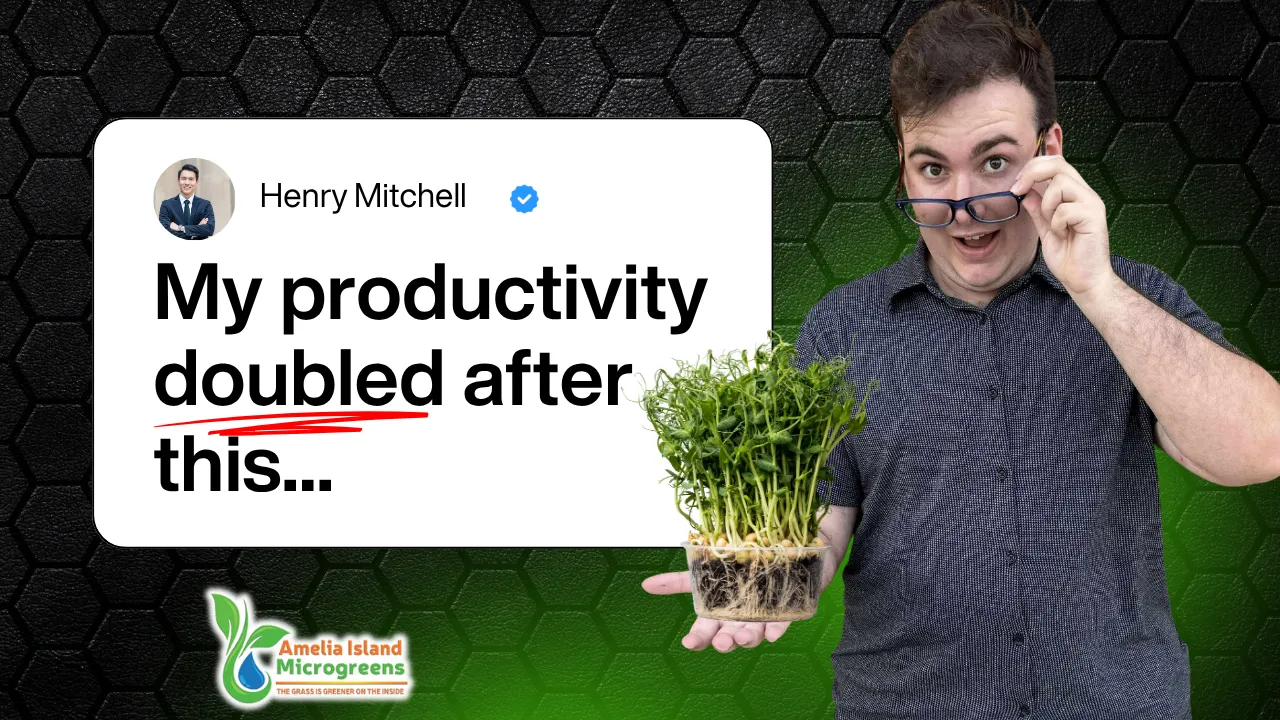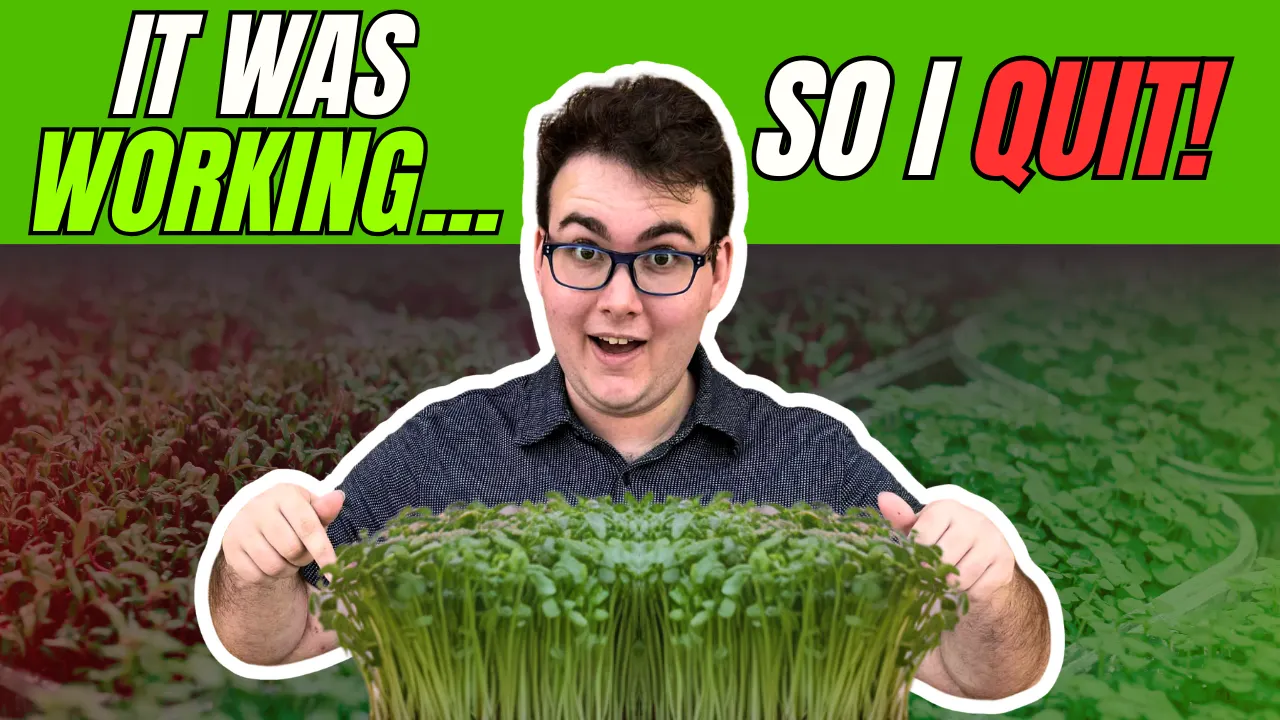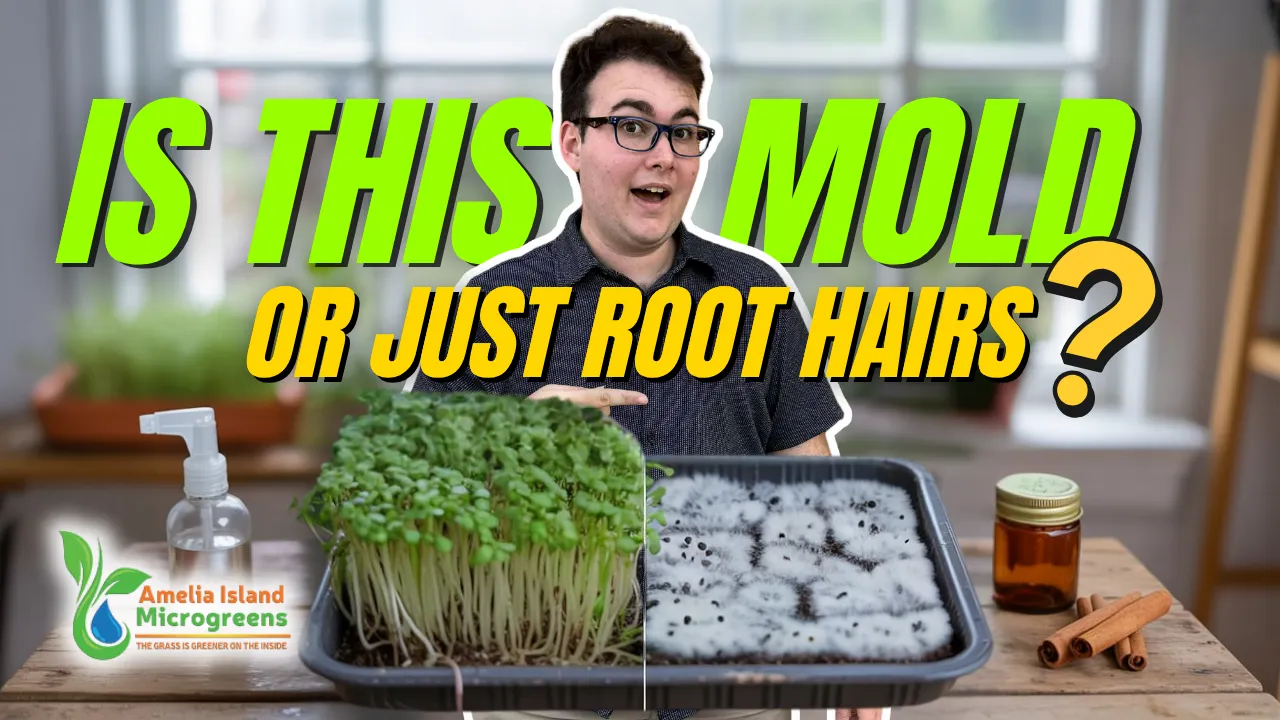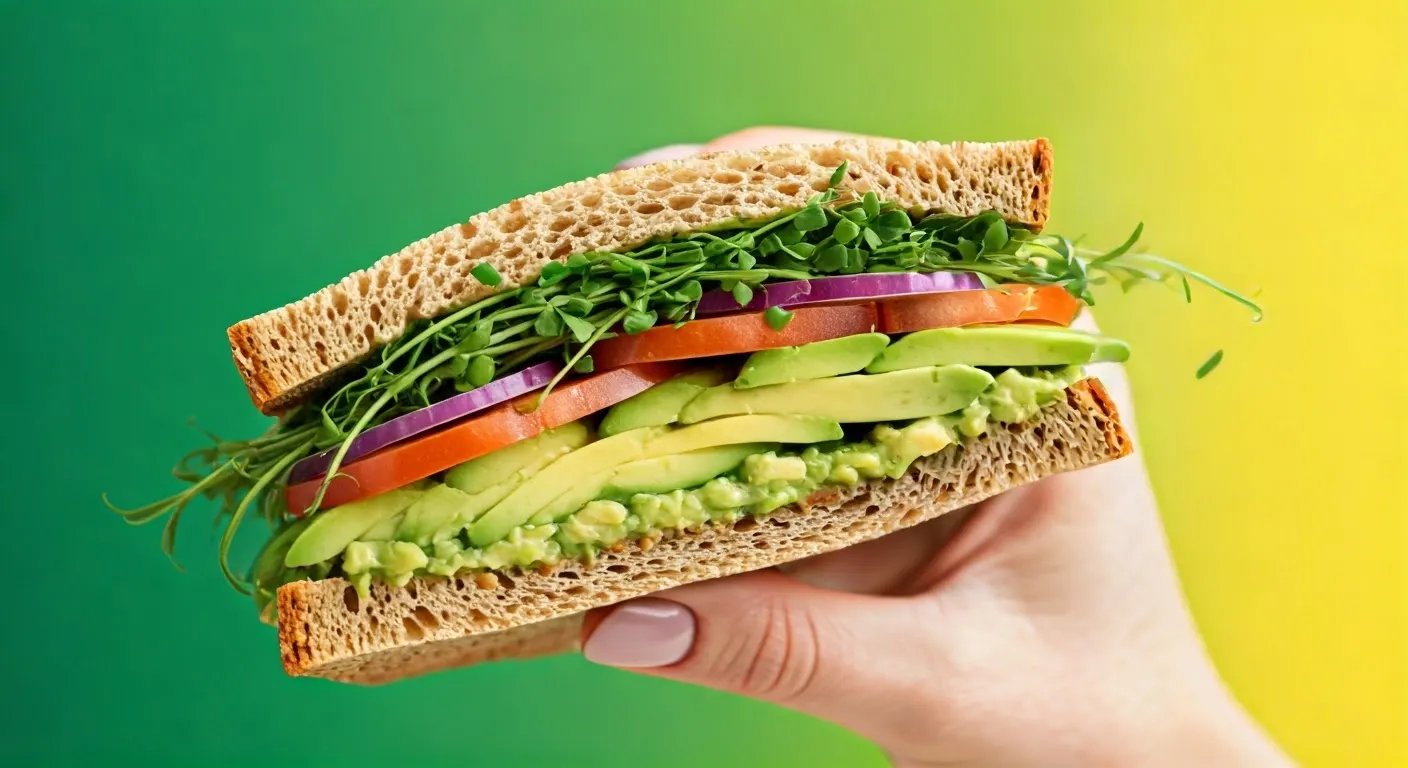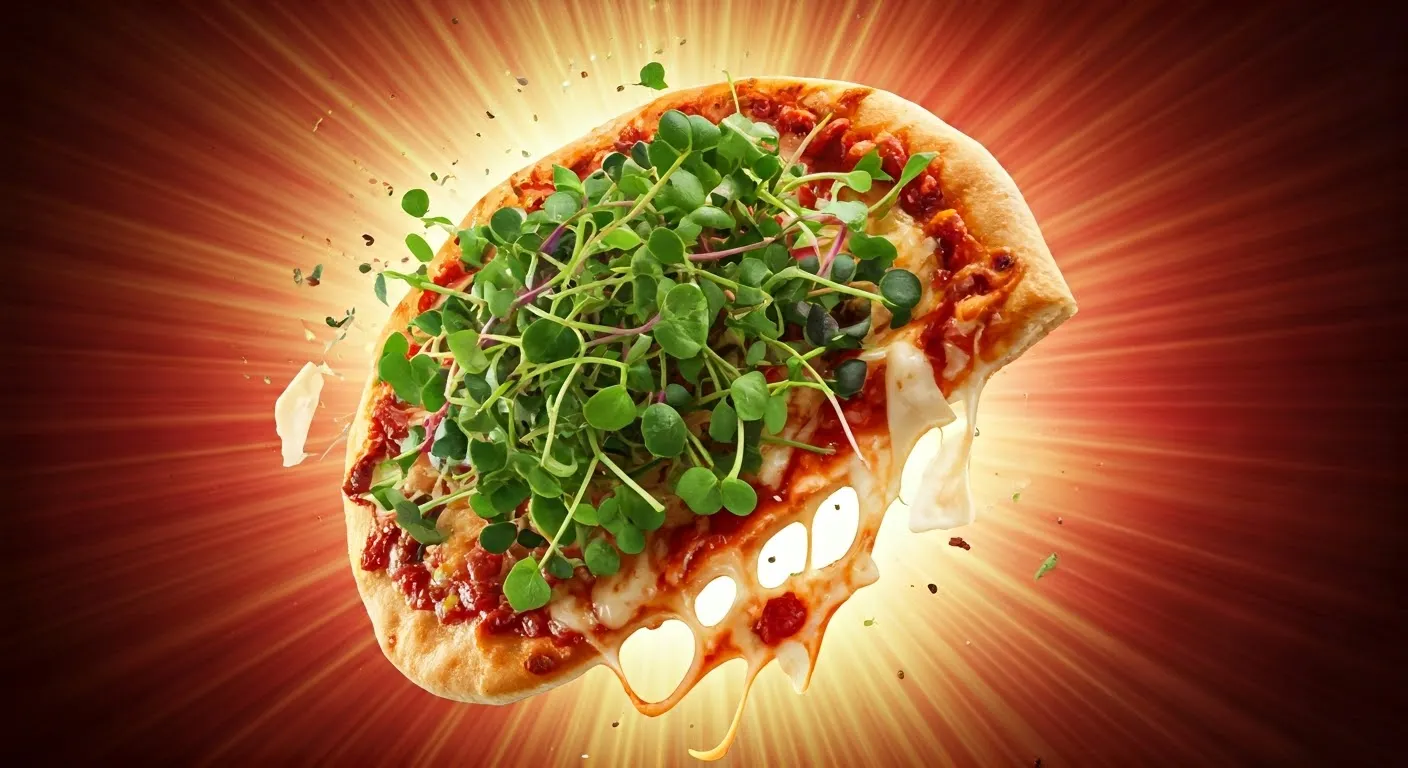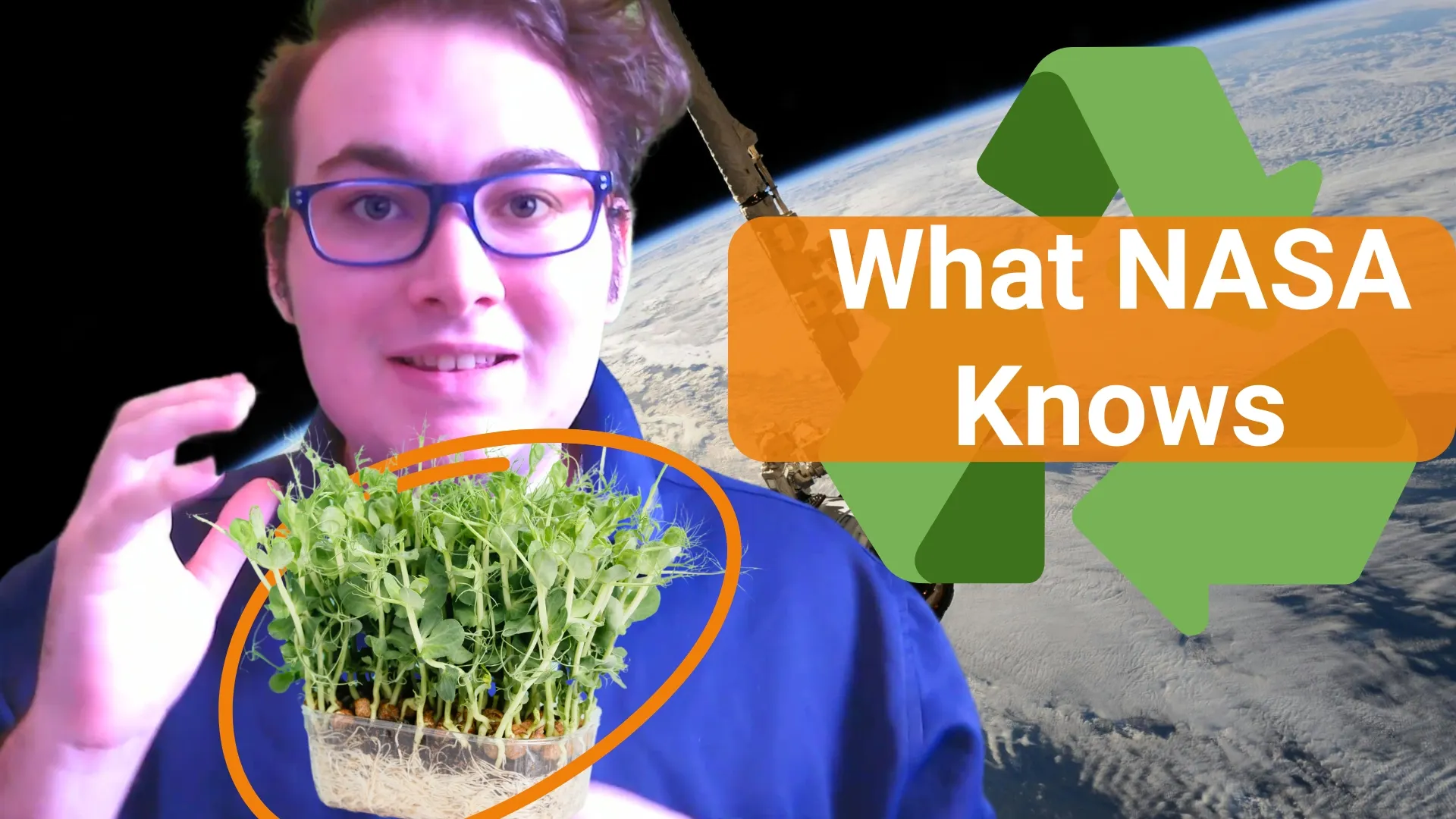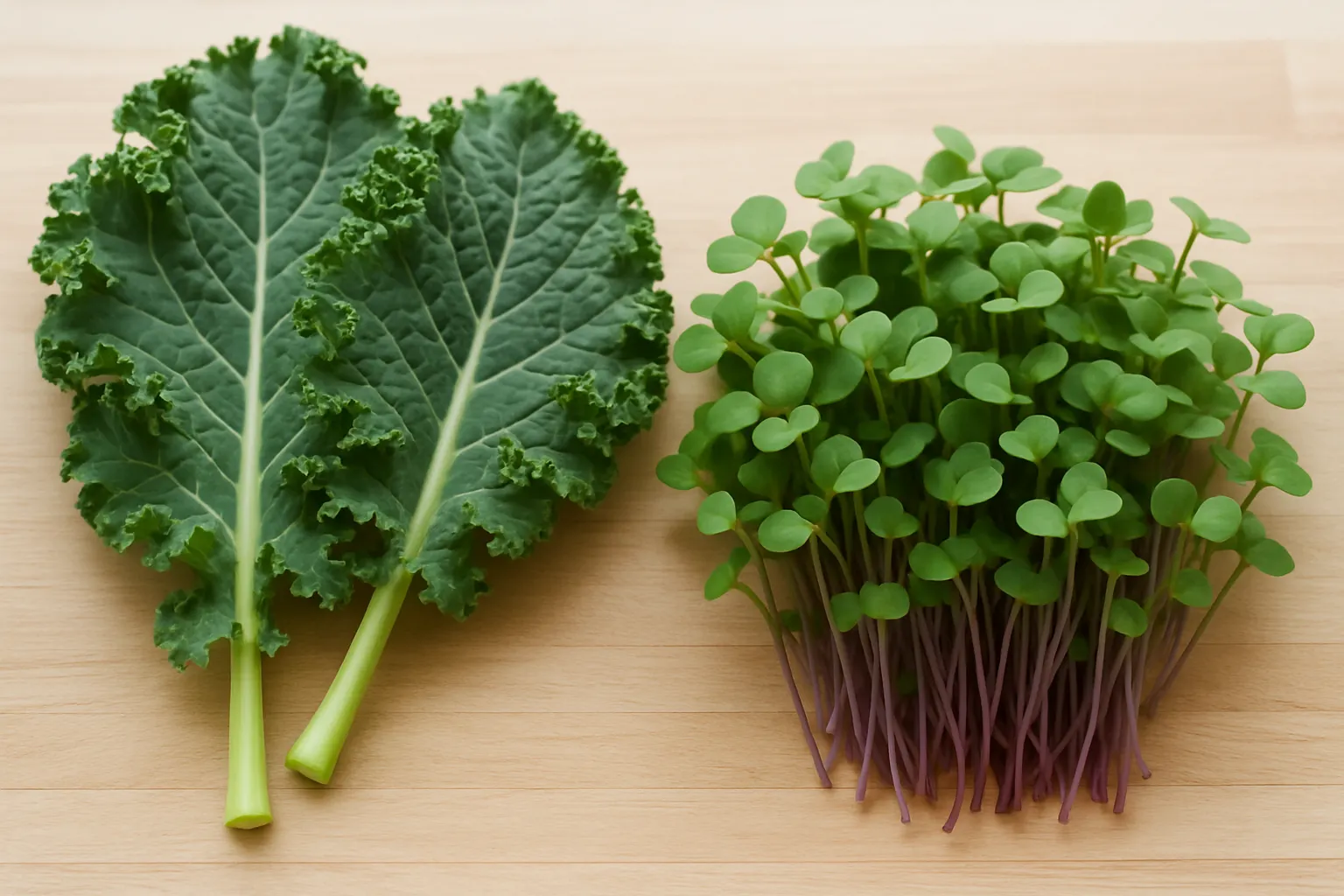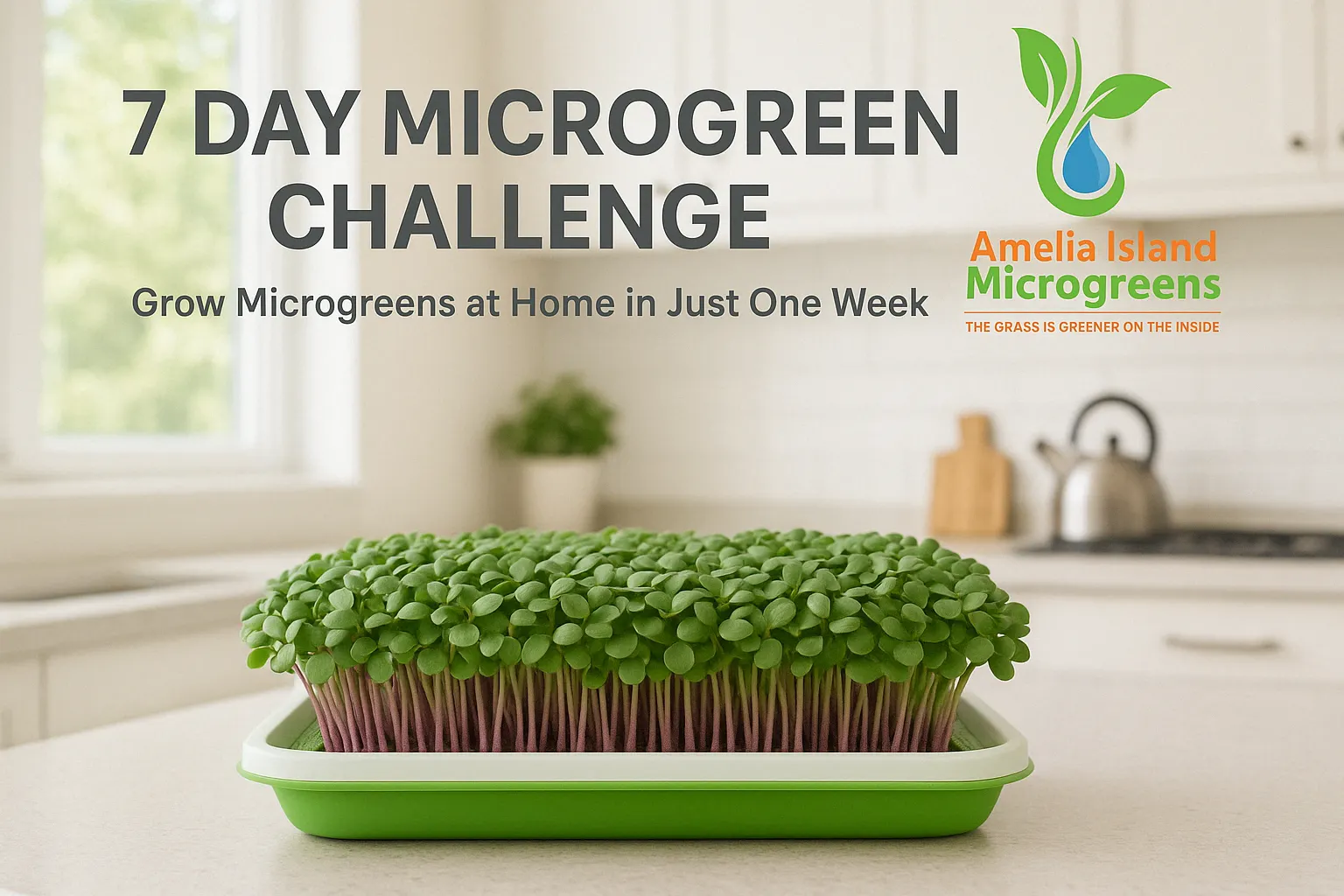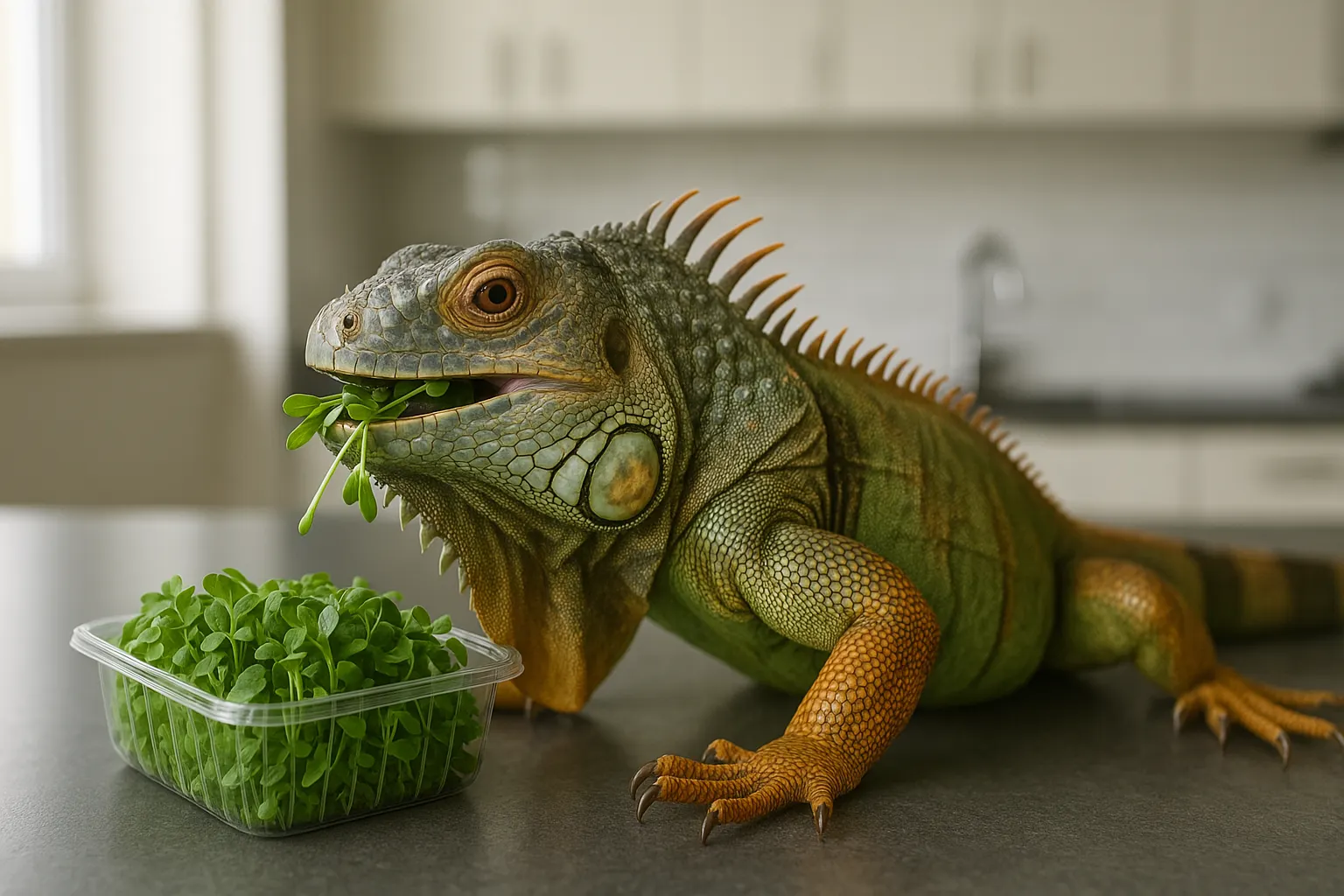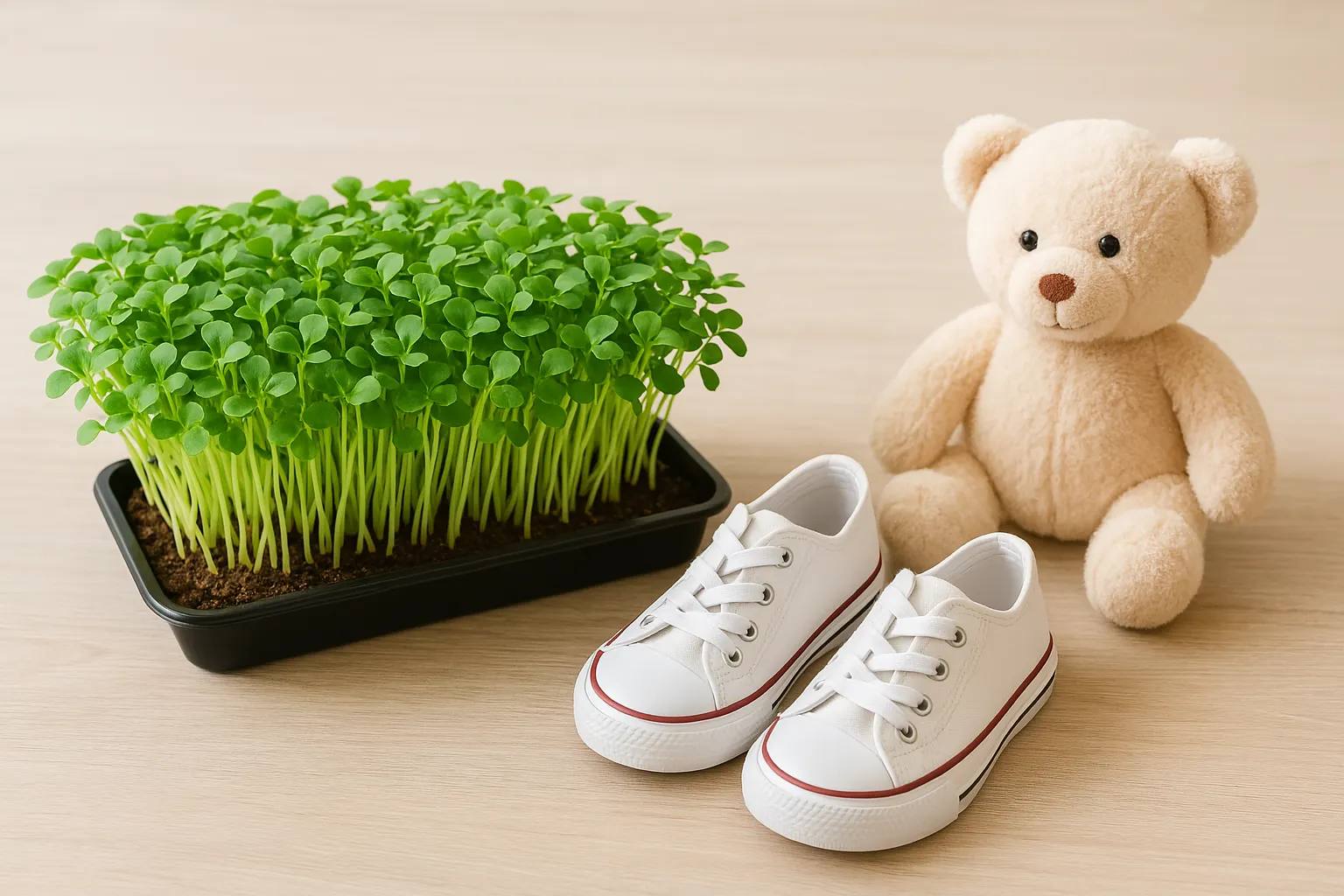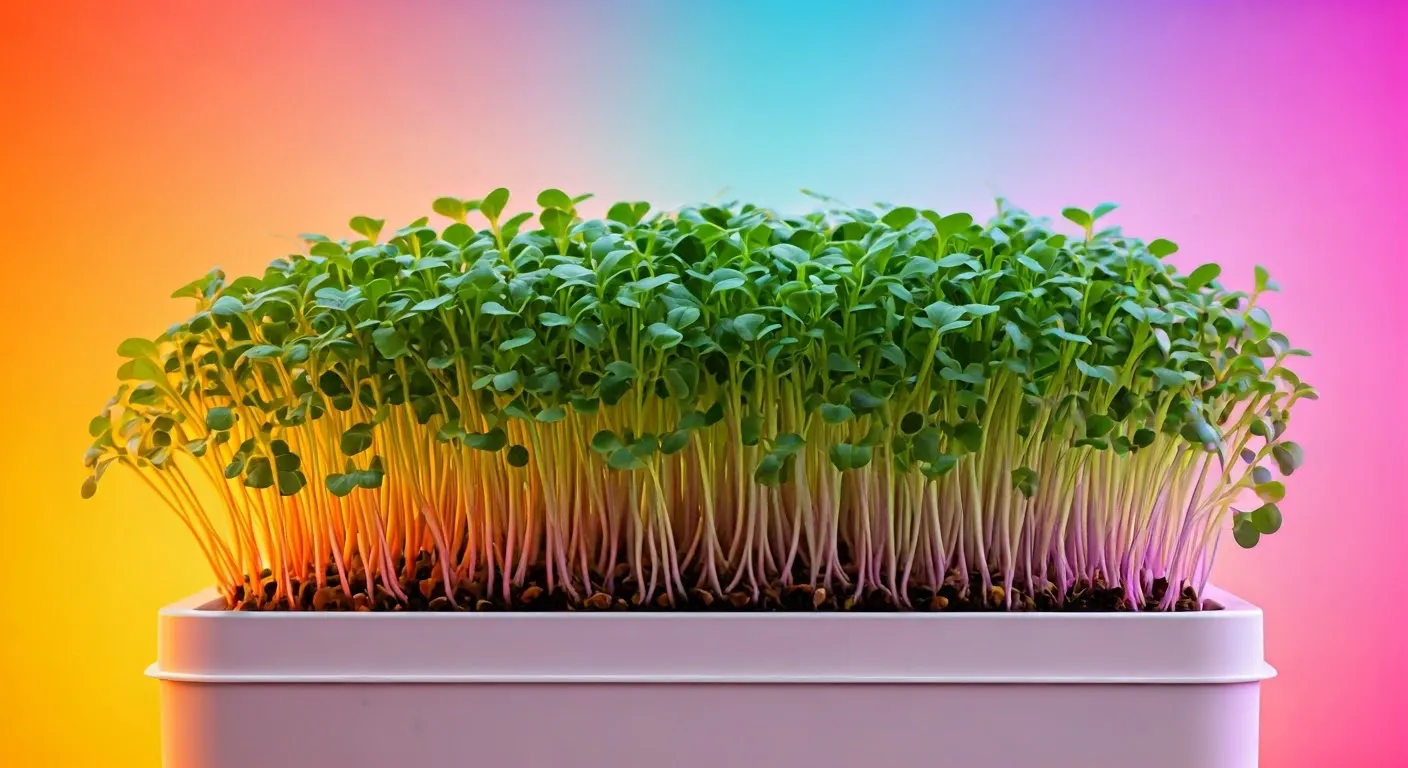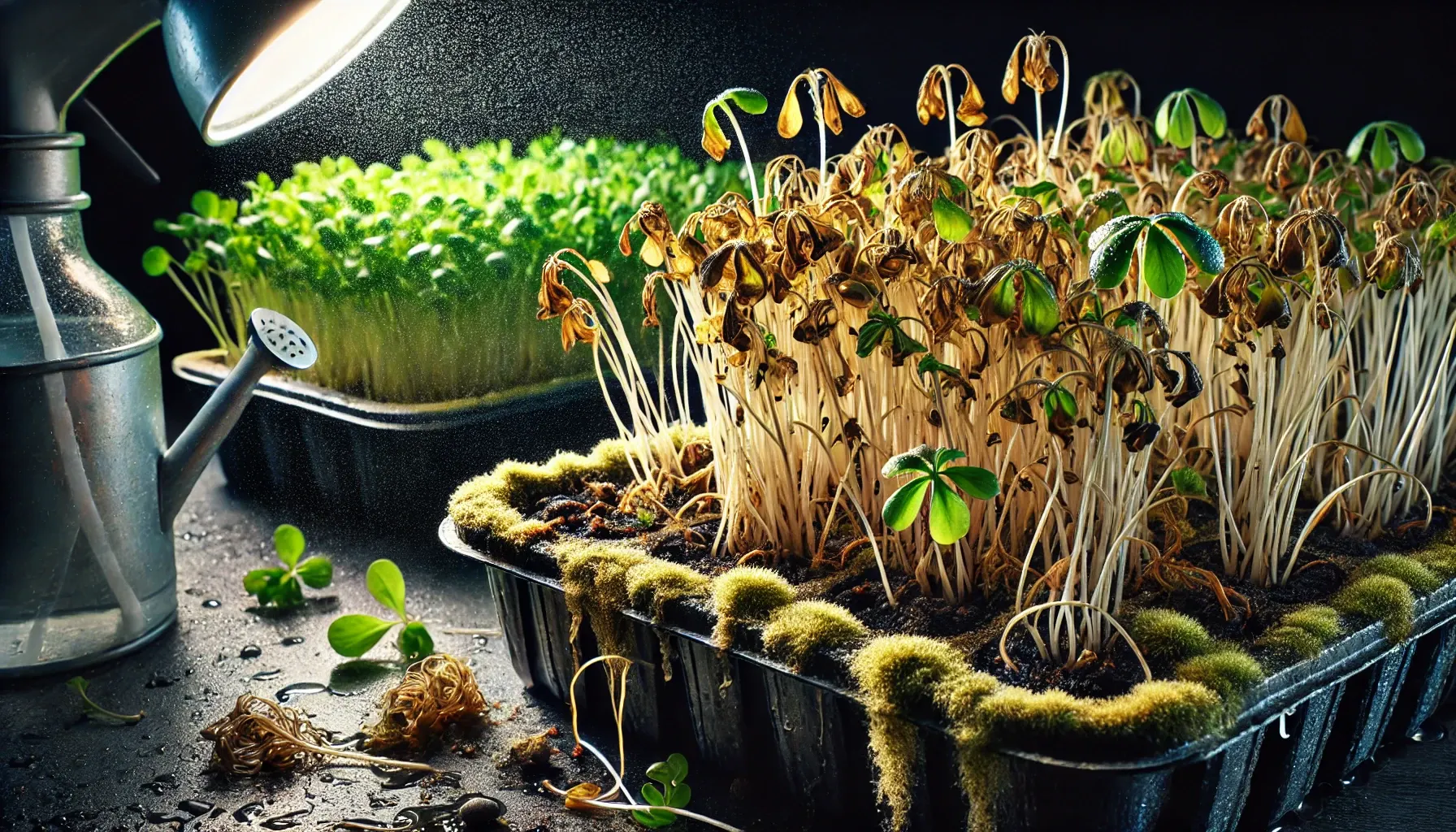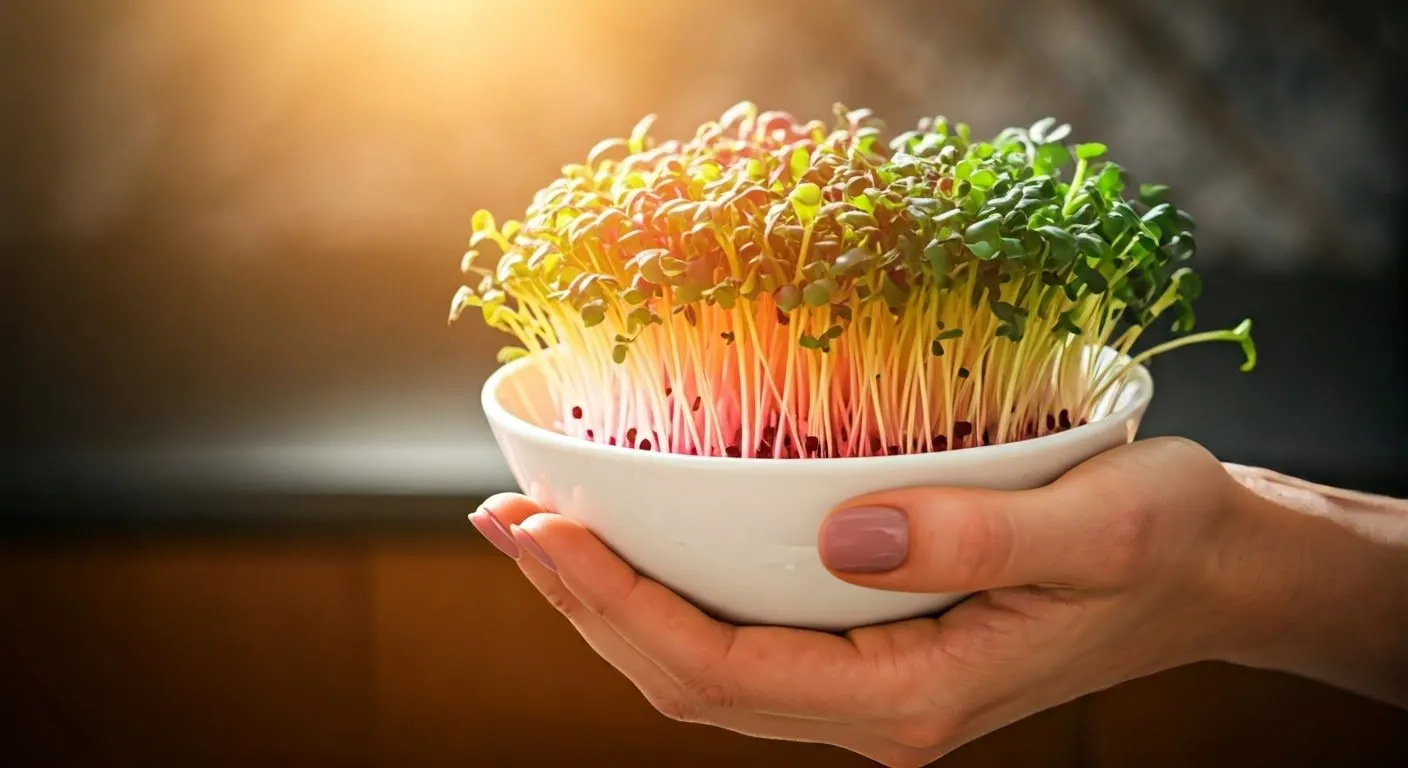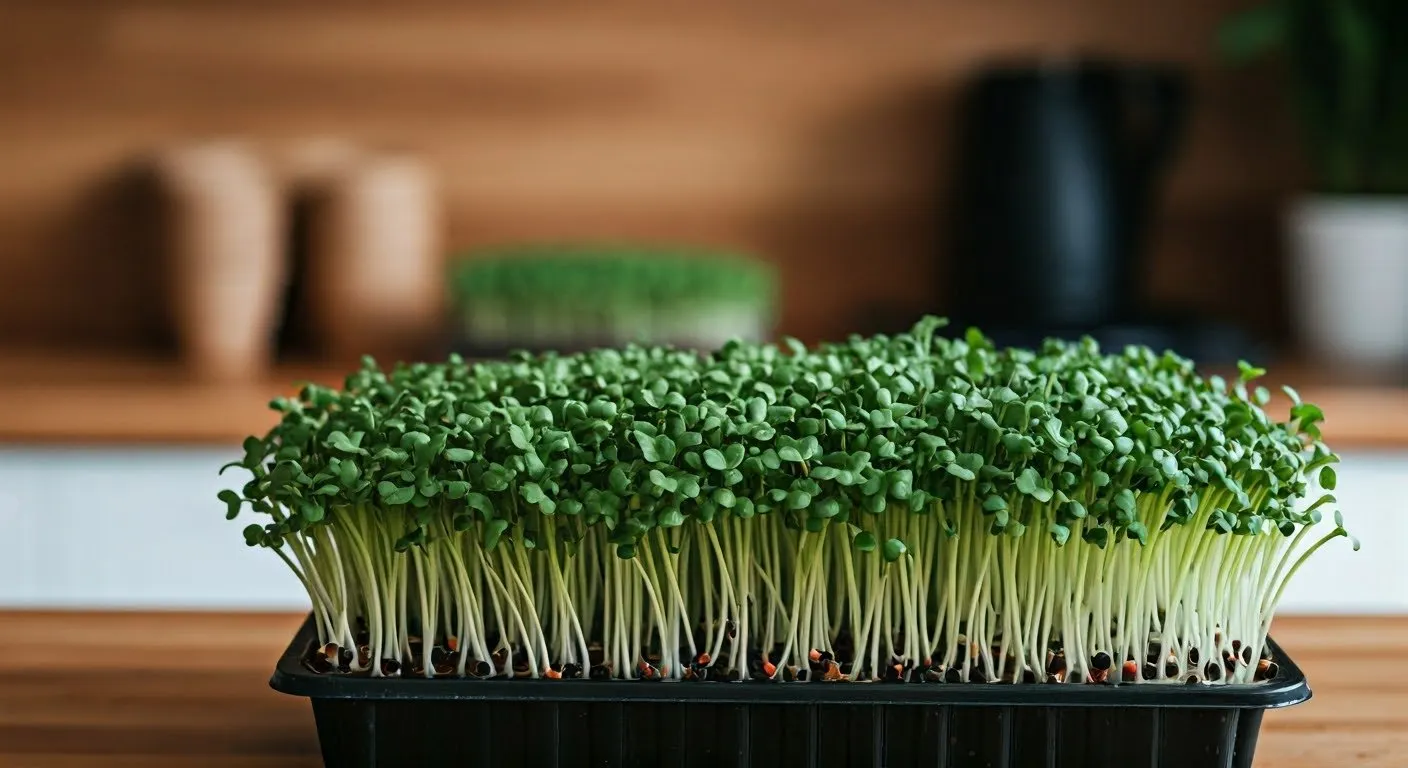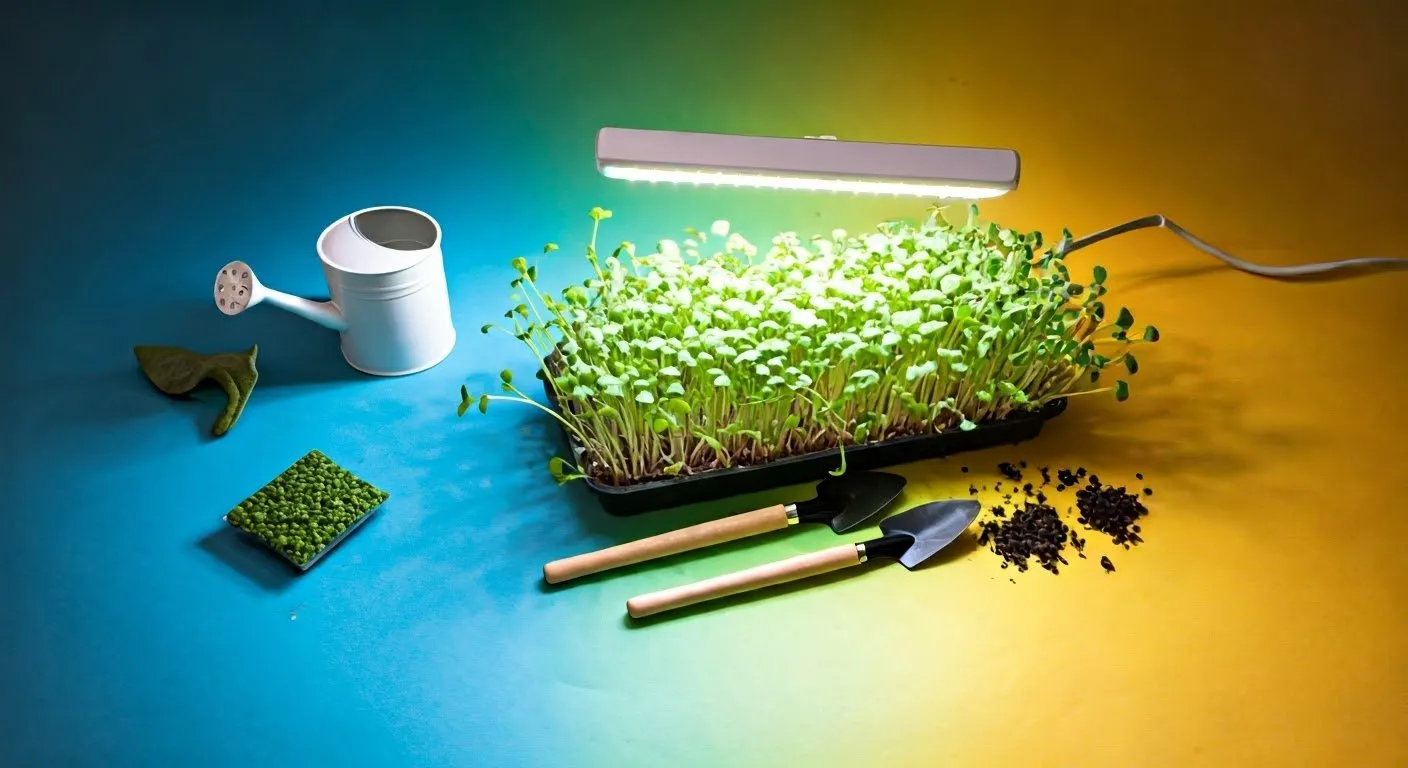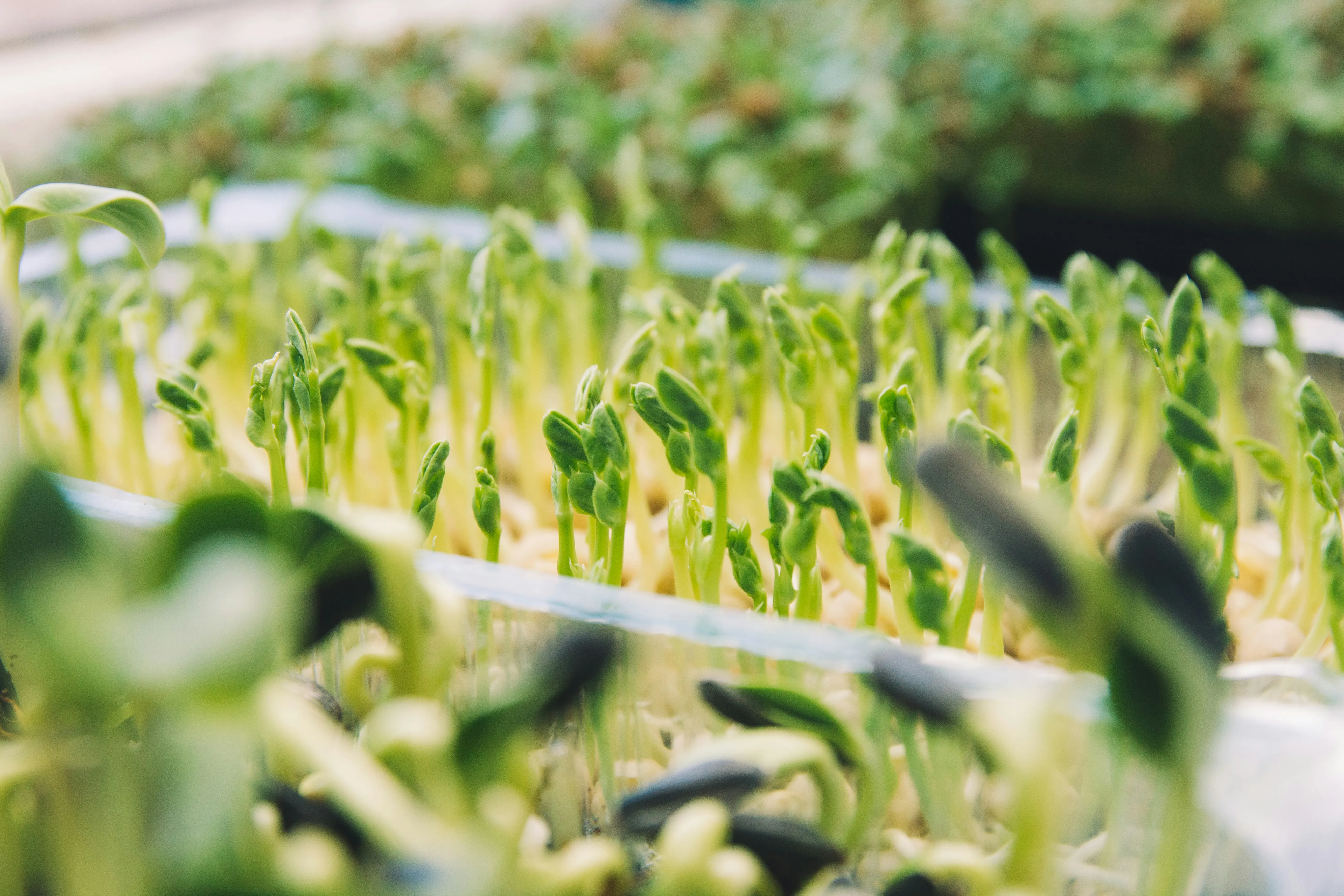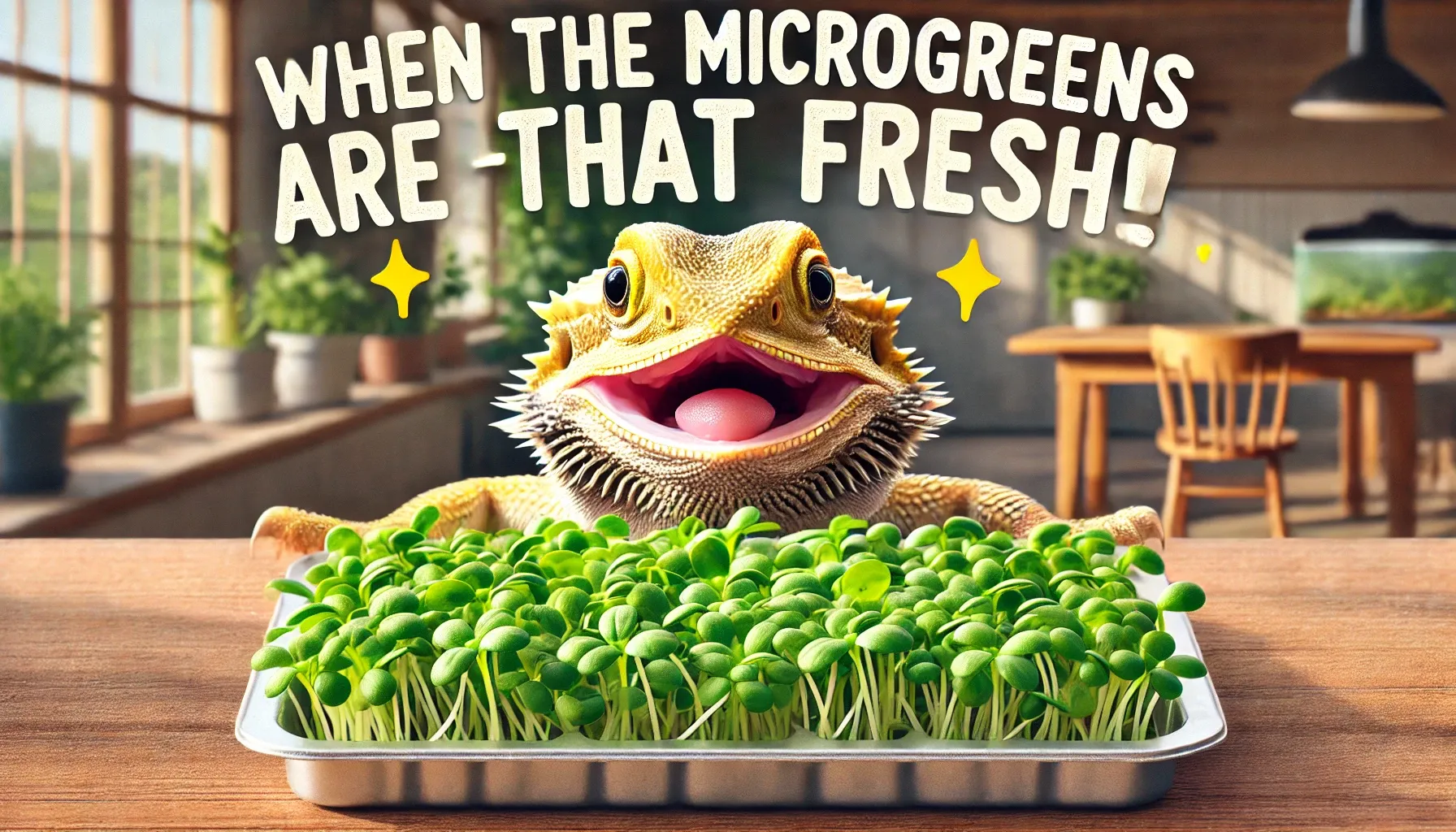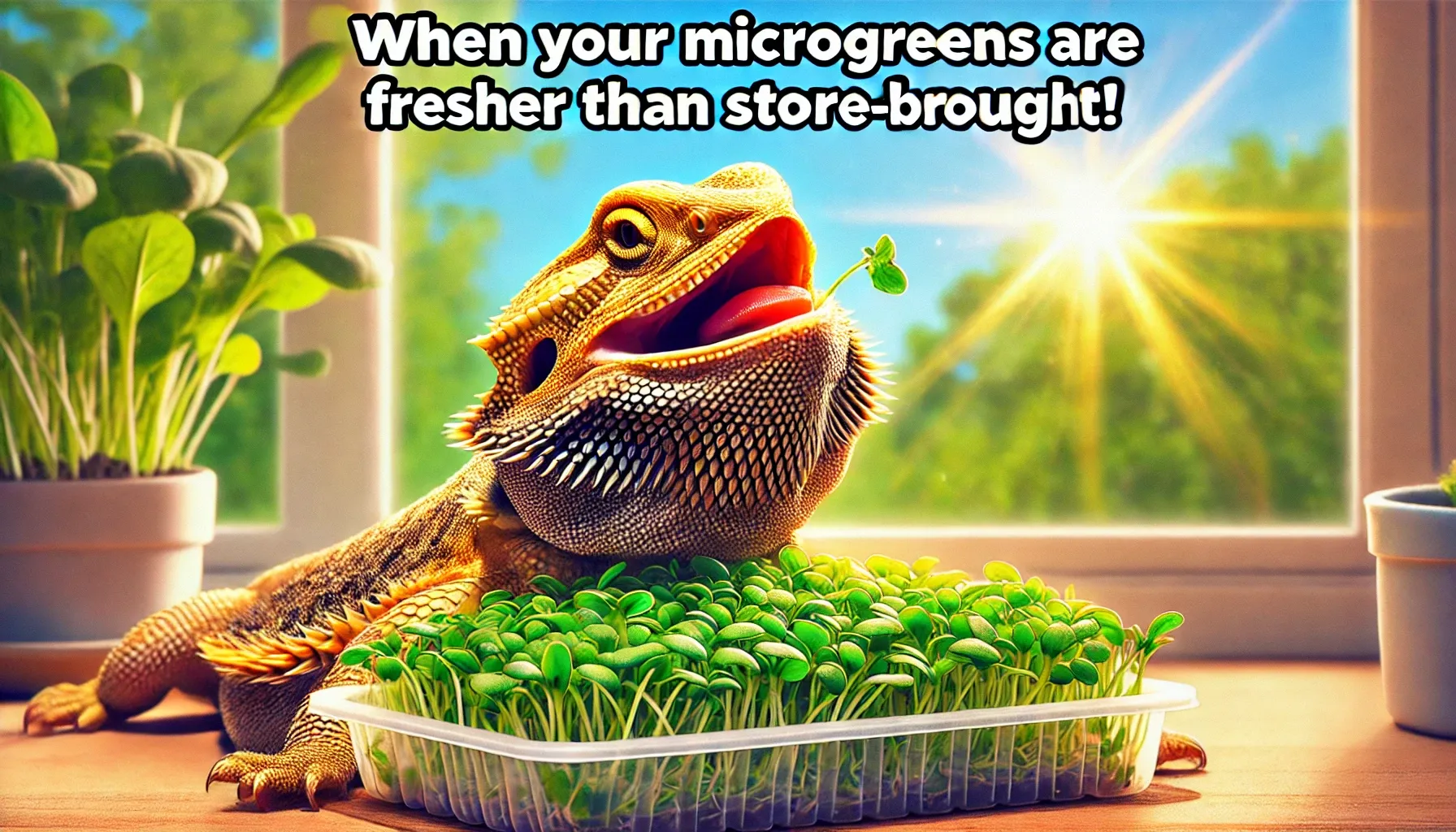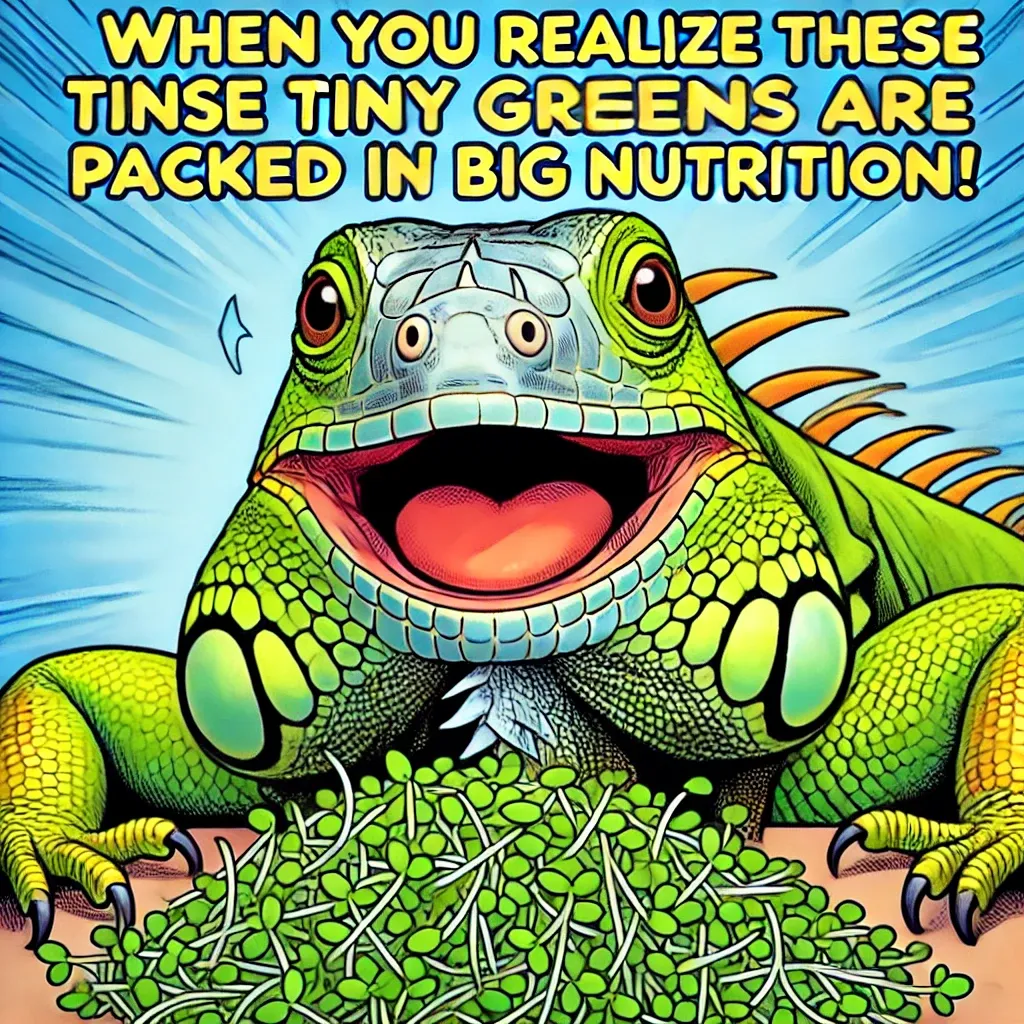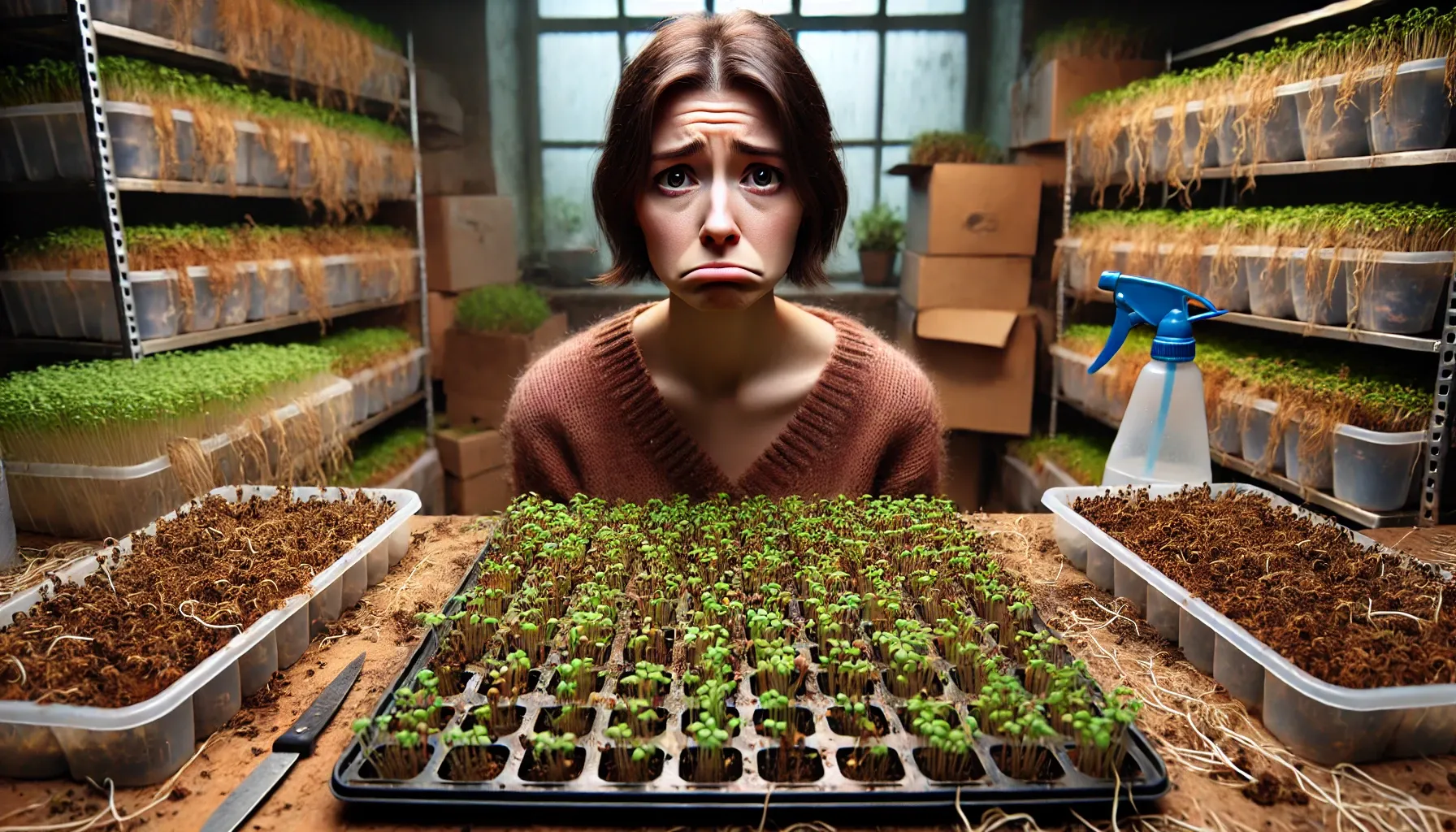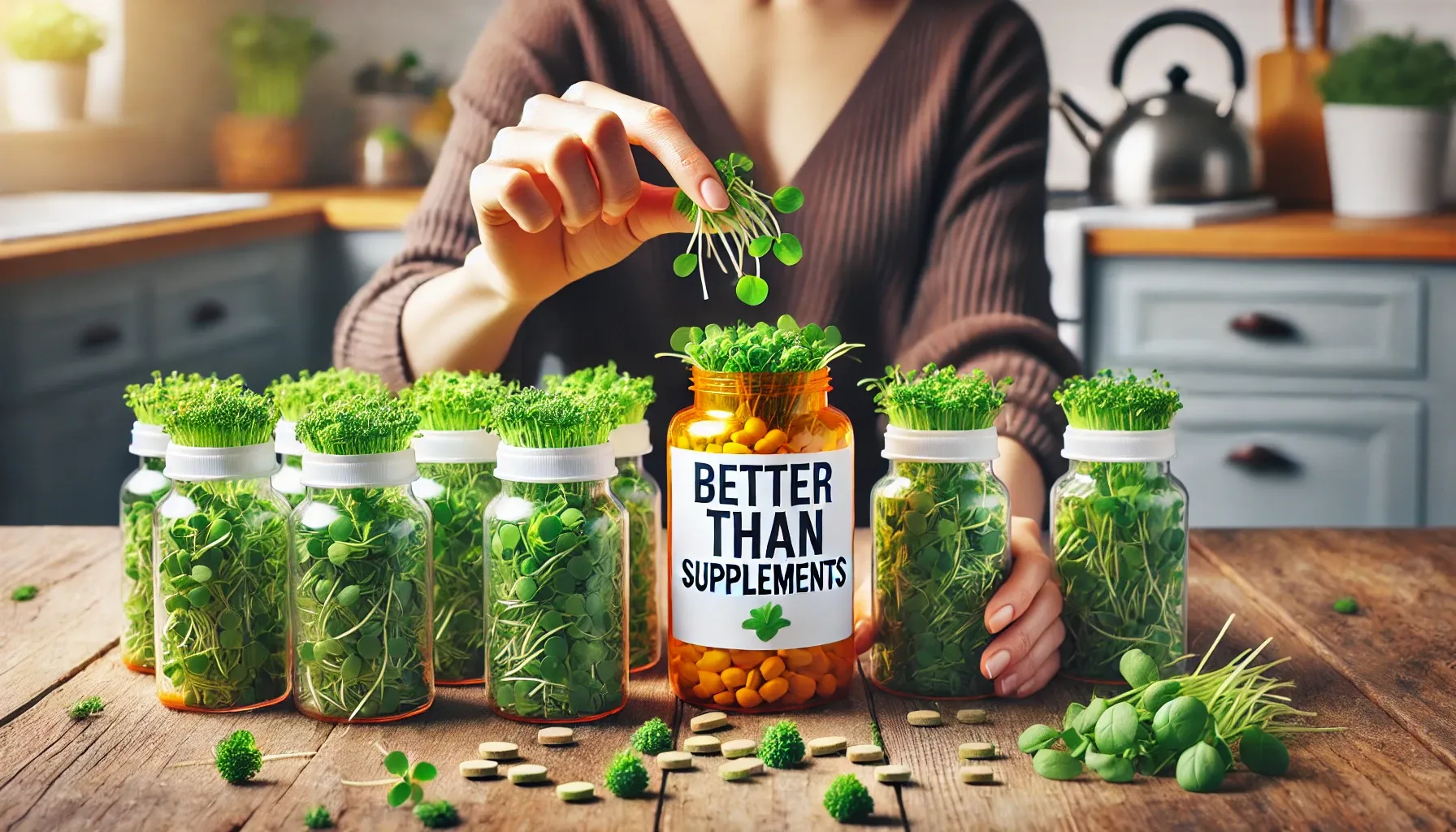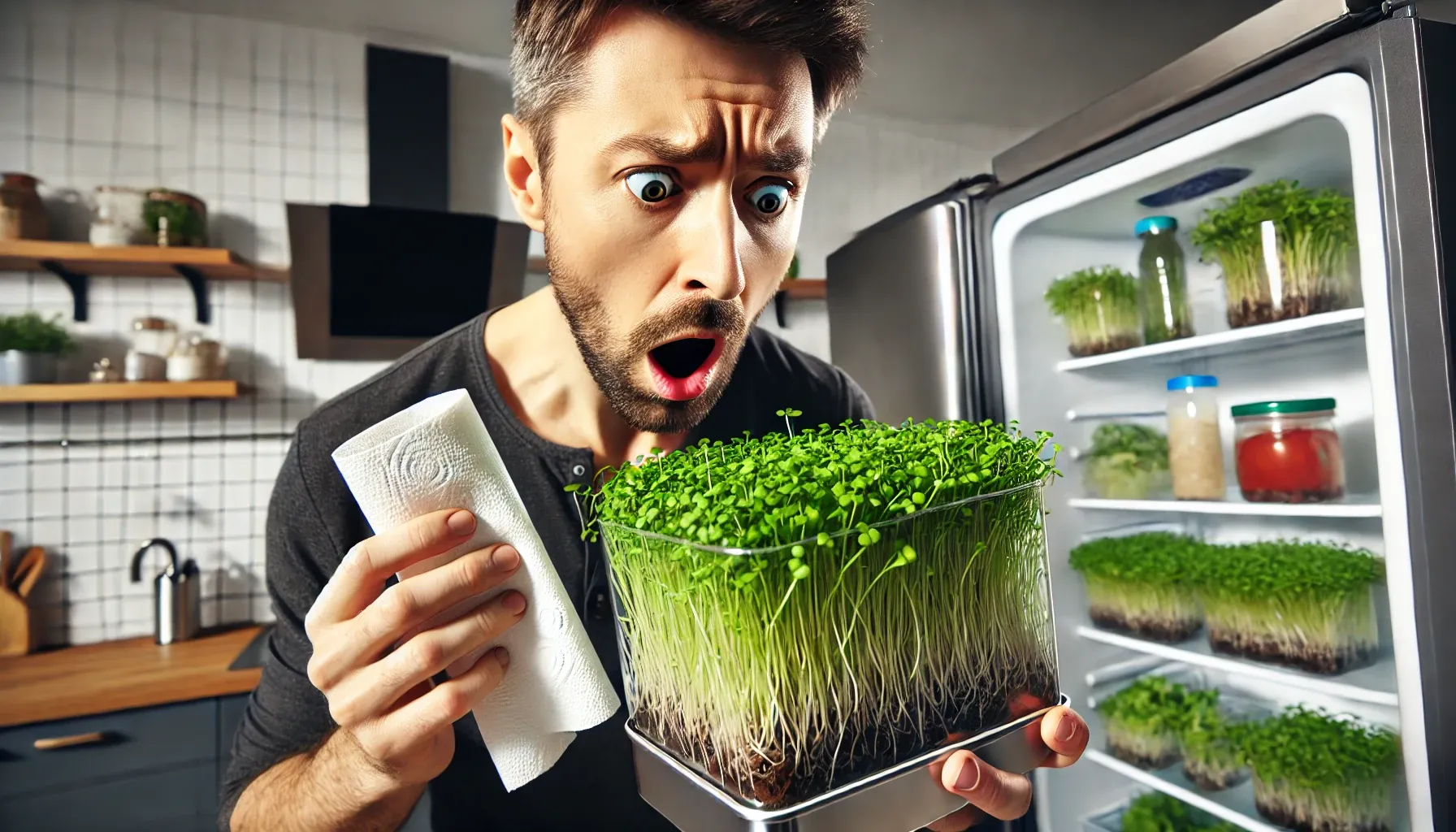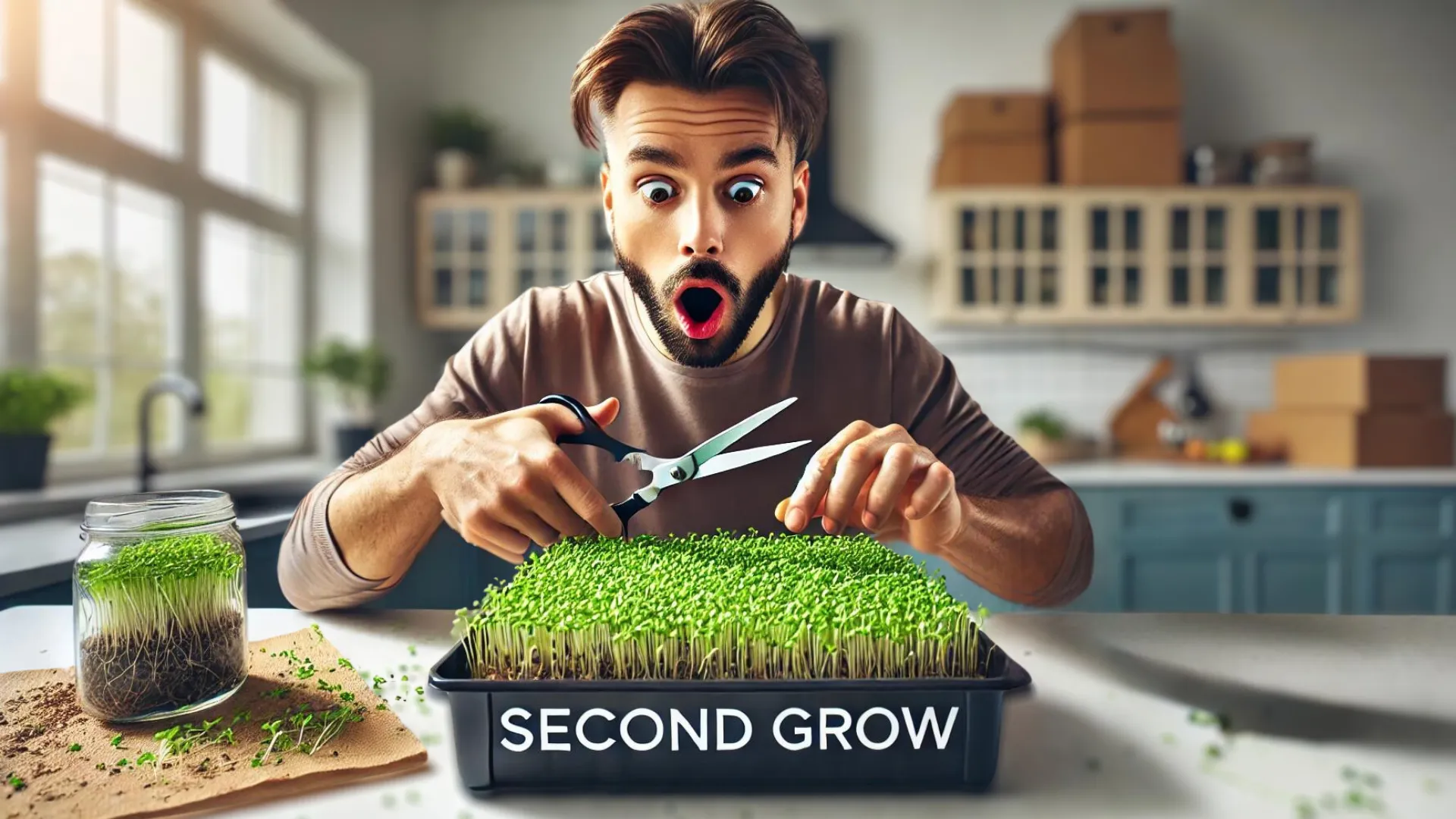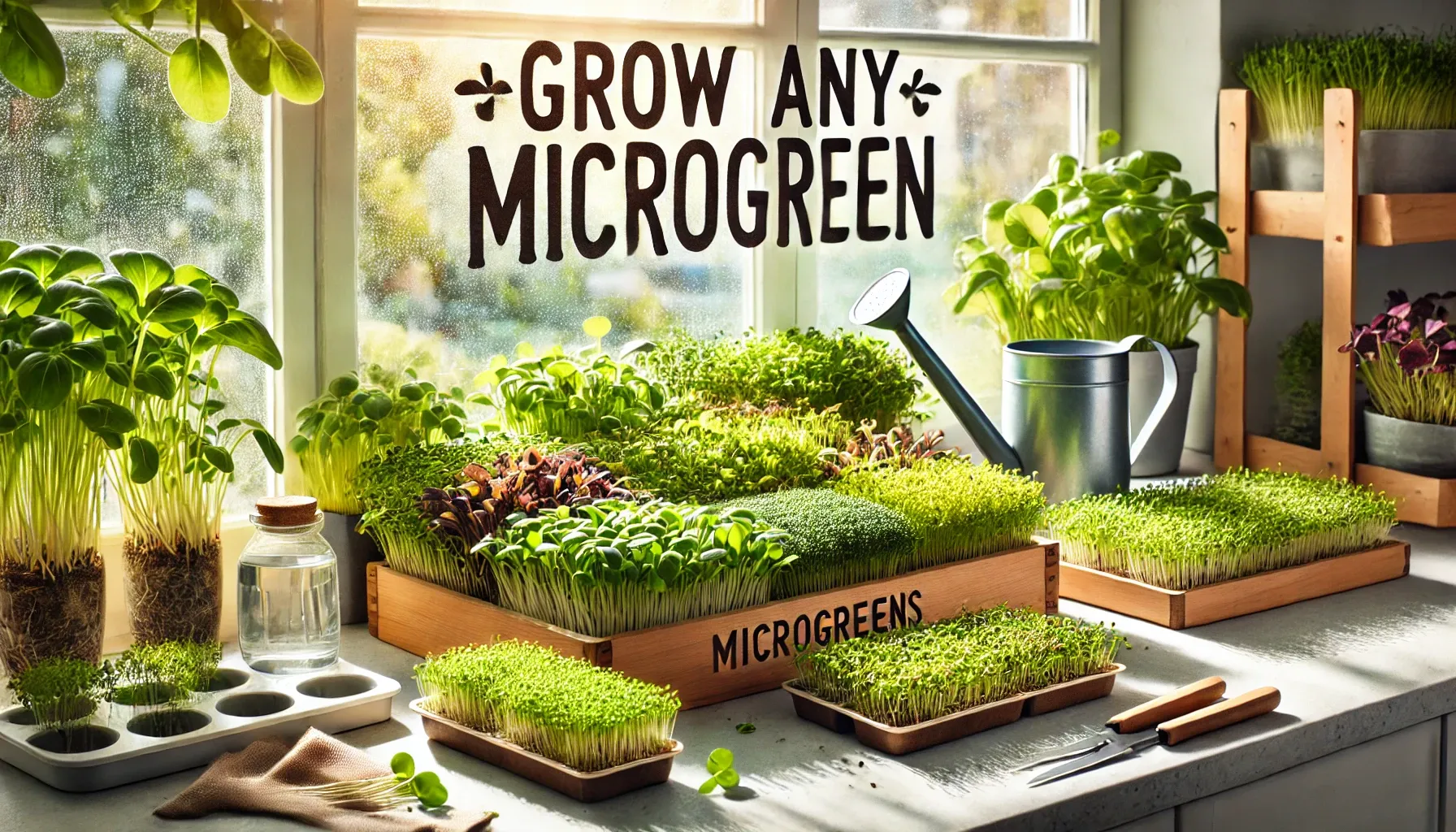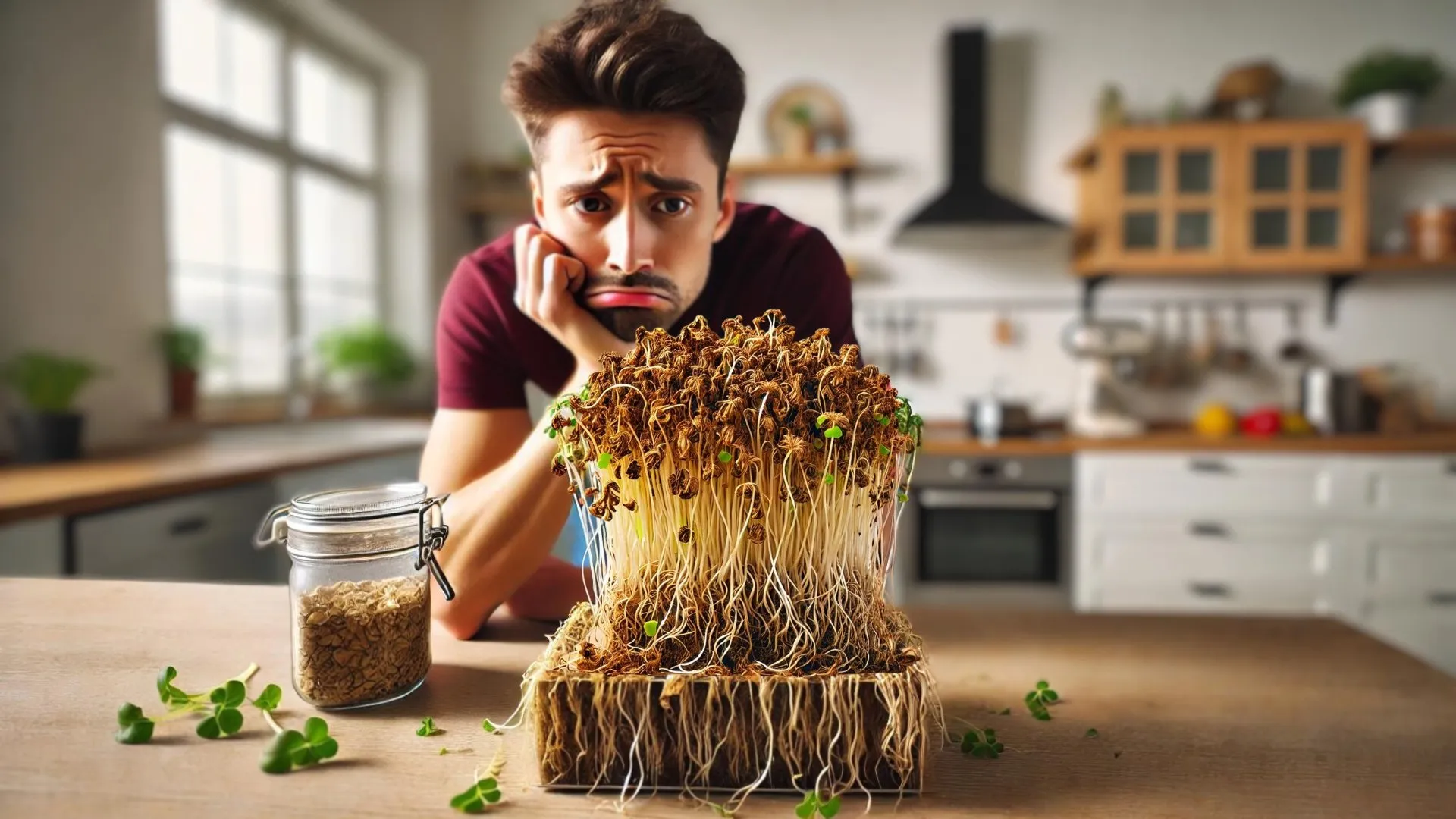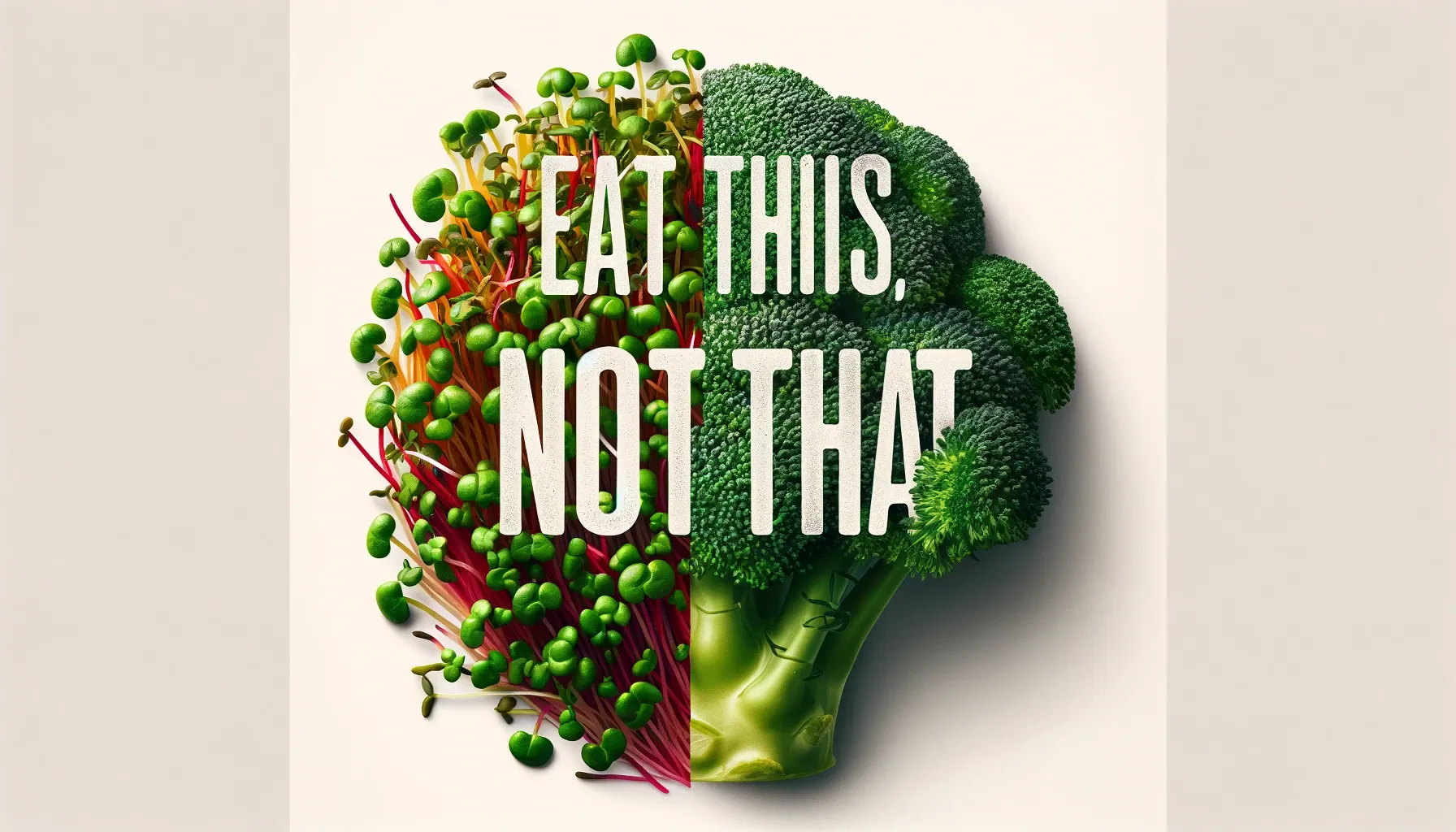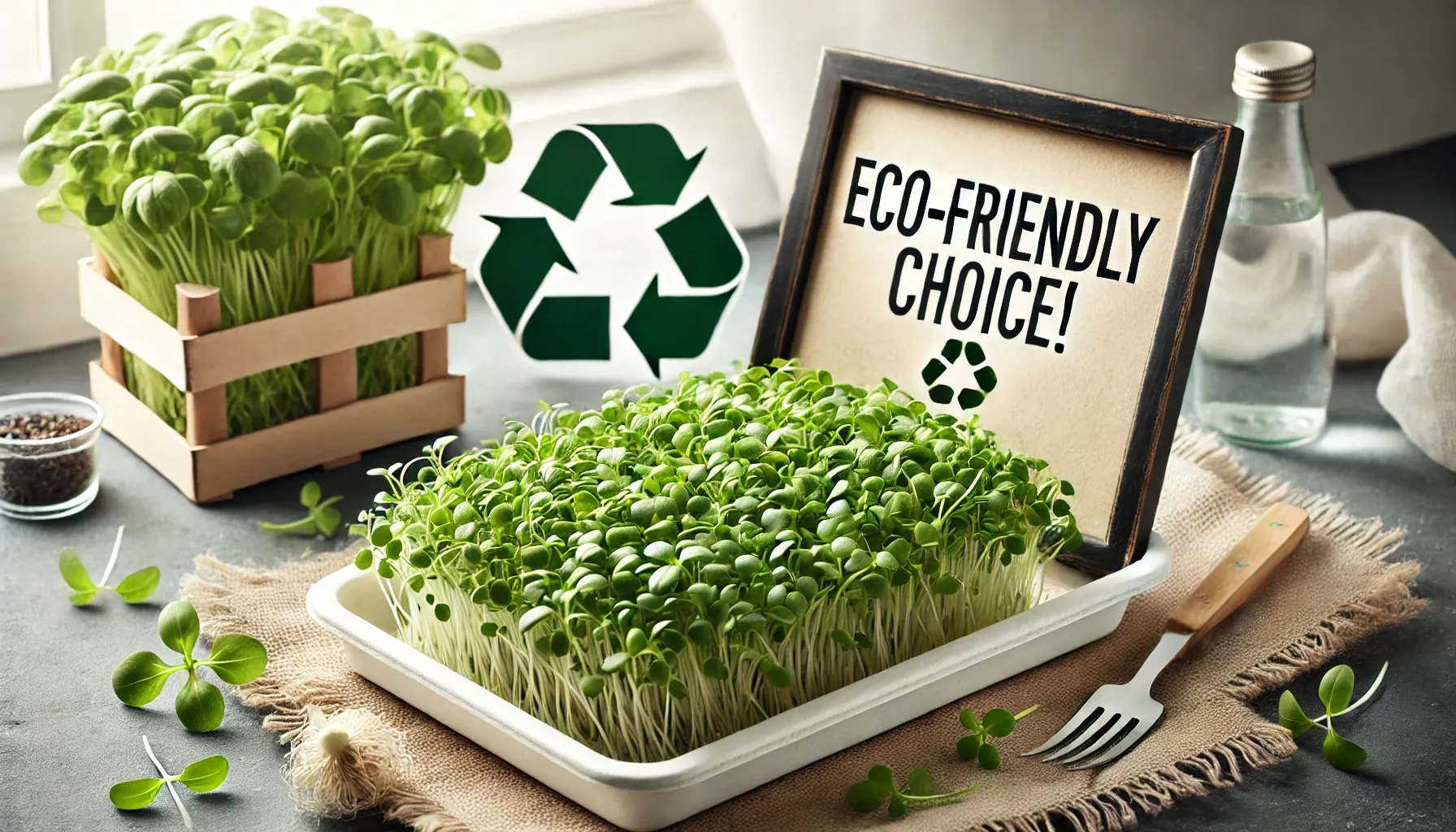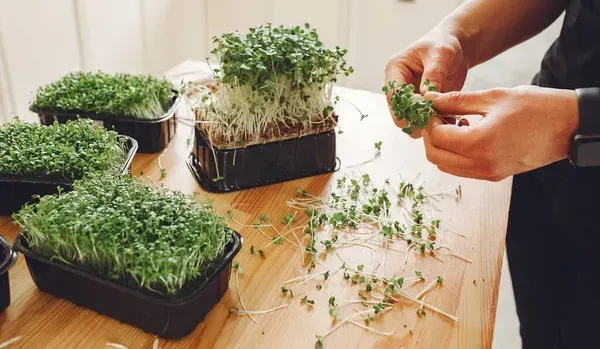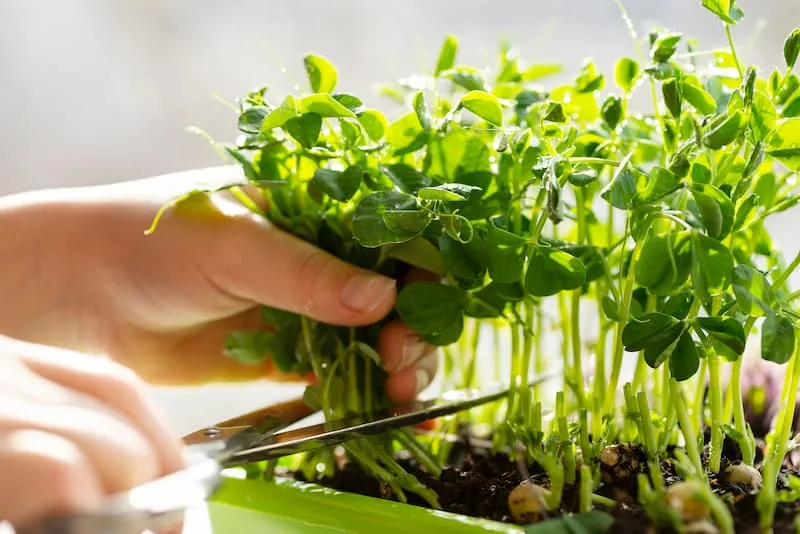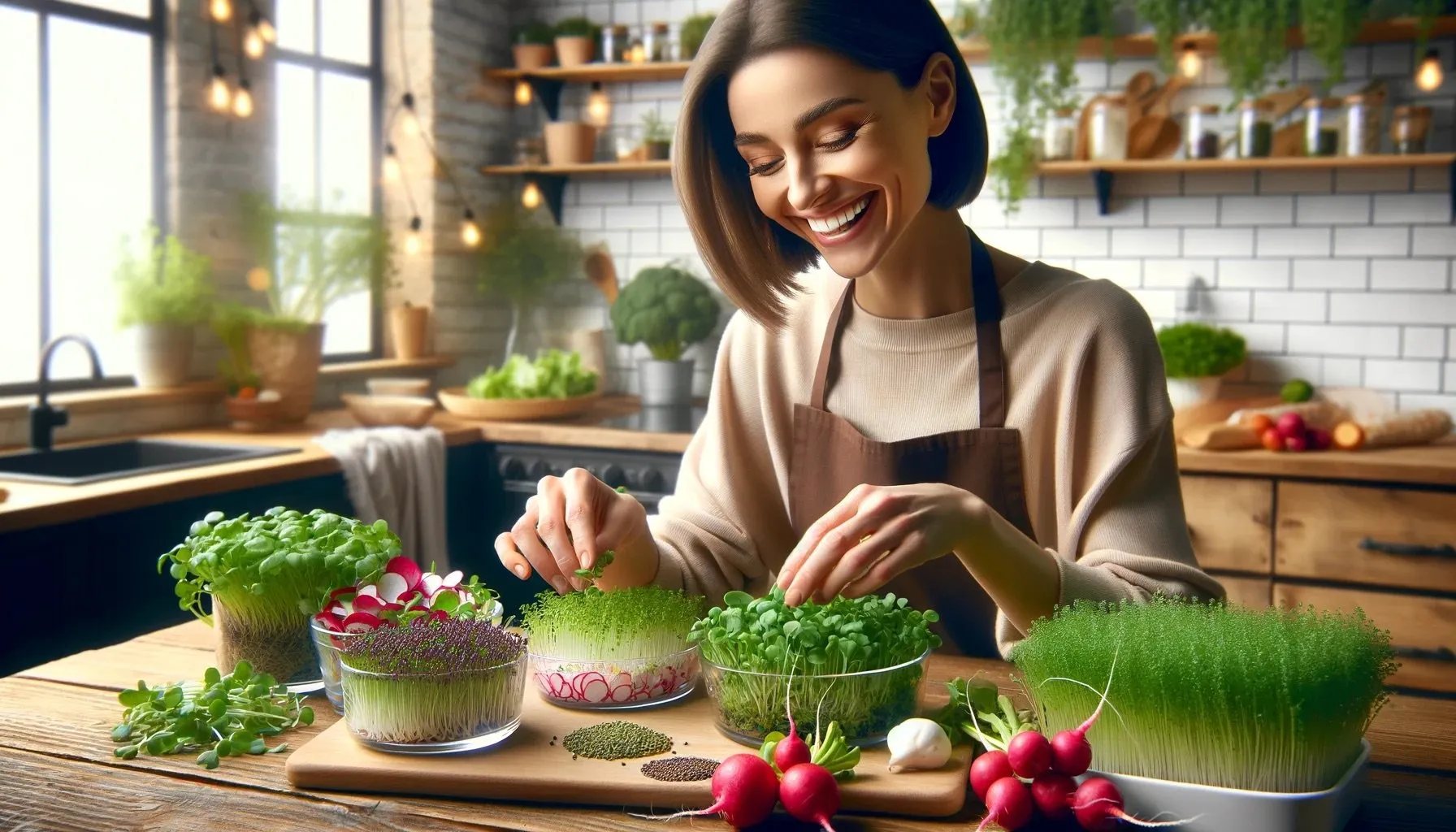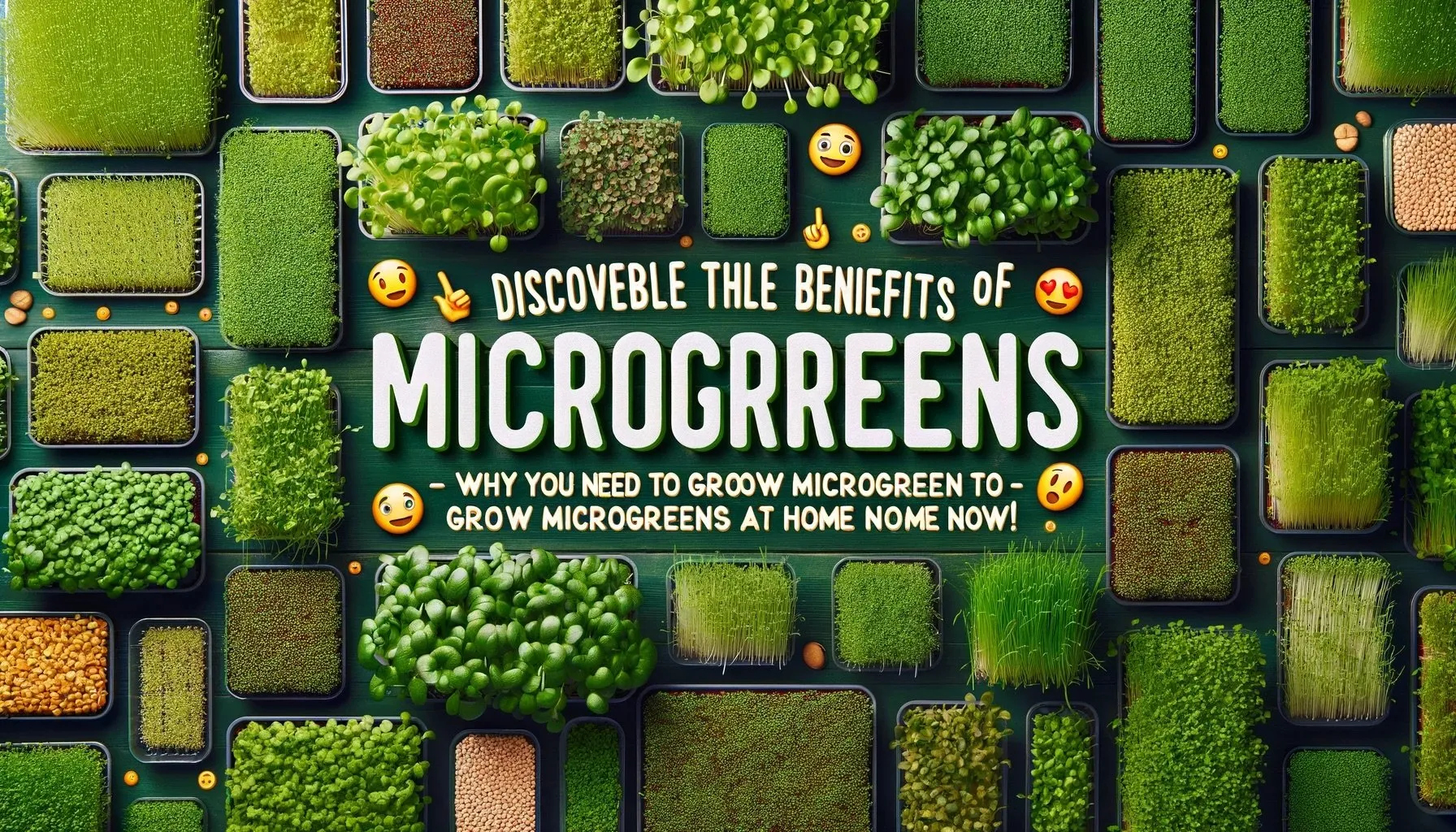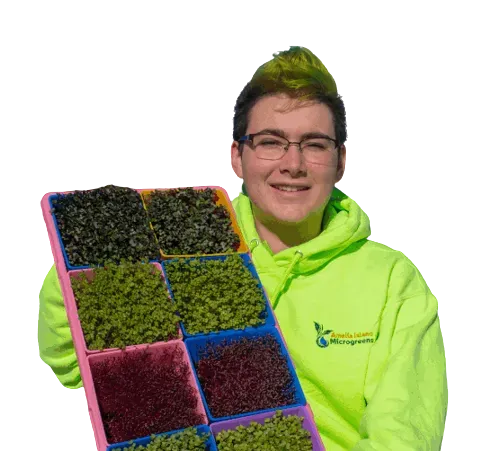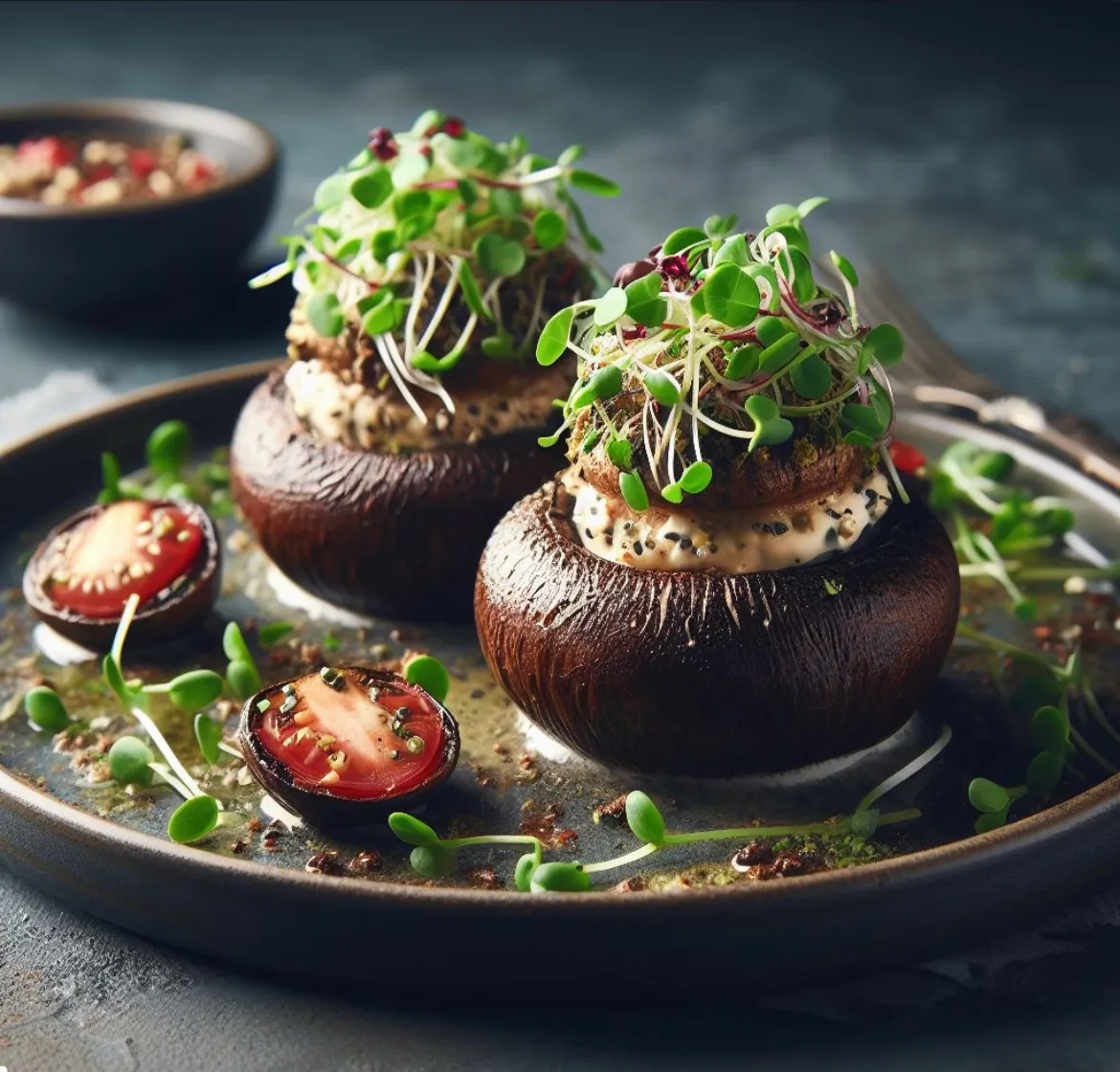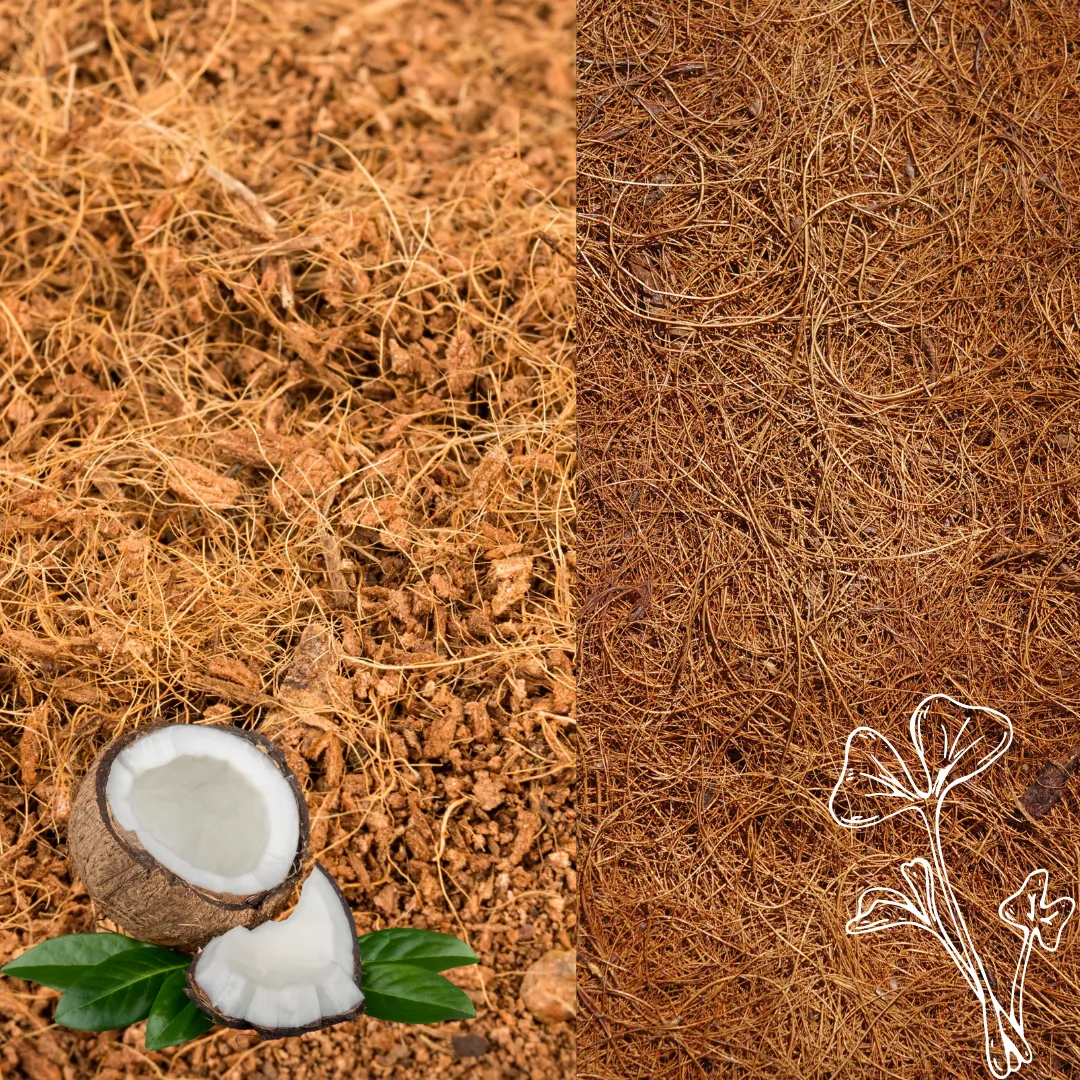5 Surprising Health Benefits of Microgreens That May Transform Your Wellness
When you think of microgreens, you might picture a trendy garnish or a splash of color on your plate. But these tiny greens are more than just a culinary accessory—they're nutritional powerhouses with impressive health benefits that go far beyond their size.
Let’s dive into five surprising health benefits of microgreens that could genuinely elevate your well-being, including one fascinating compound you’ve likely never heard of before.
⚠️ Note: This information is for educational purposes only. Always consult your healthcare provider before making significant dietary changes.
1. Microgreens Contain a Powerful Compound: Sulforaphane
Let’s start with what might be the most mind-blowing benefit of all—sulforaphane. Found abundantly in broccoli microgreens, this compound is a potent antioxidant known for its anti-cancer properties, detoxifying effects, and immune-boosting capabilities.
Here’s the shocking part: broccoli microgreens contain 10 to 100 times more sulforaphane than mature broccoli. Yes, you read that right—10 to 100 times more. Research from MDPI and Oregon State University highlights sulforaphane’s ability to support the body’s natural defenses, and functional medicine experts like Dr. Berg have also explored its therapeutic potential.
If you’re looking to fight oxidative stress or support detox pathways naturally, sulforaphane-rich microgreens are a smart choice.
Learn more with this video:
2. They Boost Eye Health Naturally
Certain microgreens—like kale and spinach—are rich in lutein and zeaxanthin, two antioxidants essential for eye health. These compounds help protect your eyes from harmful blue light and reduce the risk of age-related macular degeneration.
Think of them as natural sunglasses for your eyes, shielding them from everyday stress and screen exposure.

3. Glowing Skin Starts With Microgreens
Looking for youthful, radiant skin? Microgreens are packed with vitamins A, C, and E, all of which promote skin repair, hydration, and collagen production. These nutrients help combat premature aging, protect against UV damage, and give your skin a natural, healthy glow.
In other words, microgreens are a skincare routine you can eat.

4. They Help Balance Hormones
Another lesser-known benefit: microgreens—especially from broccoli and radish—contain phytonutrients that can support hormonal balance. Sulforaphane in particular may assist in estrogen metabolism, potentially lowering the risk of hormone-related conditions and cancers.
This makes microgreens a valuable addition to your diet if you're looking to support natural hormone regulation.
5. They’re Great for Your Heart
Finally, let’s talk heart health. Microgreens are rich in potassium, vitamin E, vitamin C, and omega-3 fatty acids—all known for supporting cardiovascular health. They help reduce inflammation, lower blood pressure, and decrease the risk of heart disease.
Just a handful of microgreens a day can make a noticeable difference in your overall heart health.
Ready go grow your own? Grab your microgreen here and get 10% off your order!
Want These Benefits? Grow Microgreens at Home!
The best part? You don’t have to rely on store-bought greens. With a little guidance, you can easily grow microgreens at home—on your kitchen counter, no soil expertise required. They grow fast (in just 7 days!) and give you fresh, live greens ready to eat any time.
🌱 Ready to start growing? Check out the Microgreens 101 Masterclass HERE and grab your free starter guide.
Whether you’re aiming to boost your immune system, support your eyes and skin, or balance your hormones naturally, the benefits of microgreens are too powerful to ignore.
From sulforaphane’s cancer-fighting potential to heart-healthy nutrients and skin-loving vitamins, the health benefits of microgreens are as diverse as they are surprising. These tiny greens prove that small changes can lead to big results.
Have you noticed a difference since adding microgreens to your diet? Which of these benefits surprised you the most? Let us know in the comments—we’d love to hear your story!
❓ Q&A for “5 Surprising Health Benefits of Microgreens” 🌿💪
Q: What are the health benefits of microgreens?
A: Microgreens offer powerful health benefits including better eye health, glowing skin, balanced hormones, heart support, and a massive dose of antioxidants—especially sulforaphane from broccoli microgreens.
Q: What is sulforaphane and why is it important?
A: Sulforaphane is a potent antioxidant found in broccoli microgreens that may support detoxification, reduce inflammation, and fight cancer. Broccoli microgreens have up to 100x more sulforaphane than mature broccoli.
Q: Can microgreens improve eye health?
A: Yes! Microgreens like kale and spinach are rich in lutein and zeaxanthin, antioxidants that protect eyes from blue light and help prevent macular degeneration.
Q: Are microgreens good for skin?
A: Absolutely. Microgreens contain vitamins A, C, and E which support collagen production, skin hydration, and UV protection—giving your skin a natural glow.
Q: How do microgreens help balance hormones?
A: Broccoli and radish microgreens contain phytonutrients, including sulforaphane, that may support estrogen metabolism and overall hormone balance.
Q: Are microgreens good for heart health?
A: Yes, they’re rich in potassium, vitamin C, vitamin E, and omega-3s—all of which help reduce blood pressure, inflammation, and the risk of heart disease.
Q: Can I grow microgreens at home?
A: Definitely! Microgreens grow in just 7 days and require minimal space or effort. You can start growing them on your kitchen counter—no soil expertise needed.
Q: Which microgreens are best for nutrition?
A: Broccoli microgreens top the list for sulforaphane. Radish, kale, spinach, and sunflower microgreens are also excellent for different vitamins and minerals.

